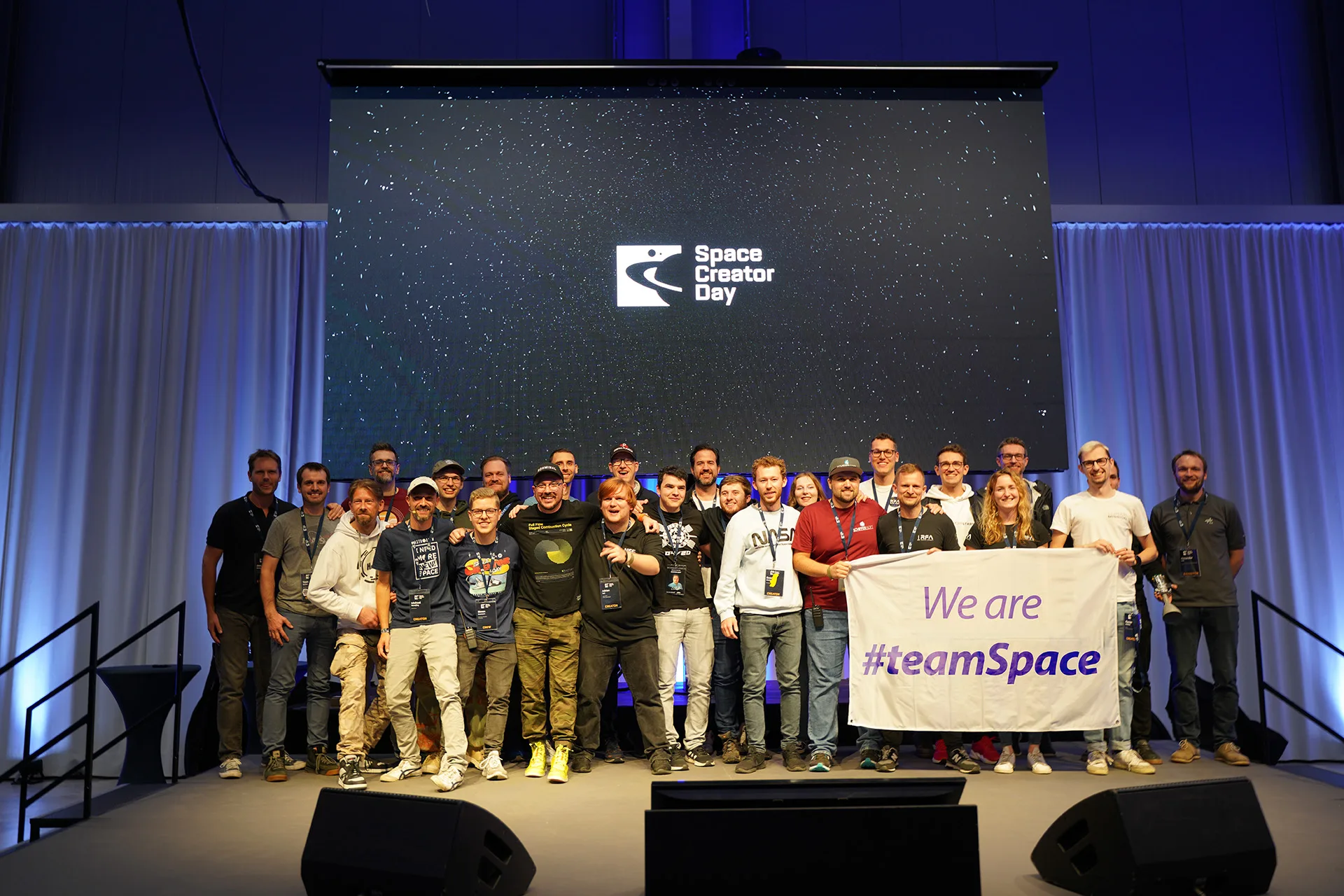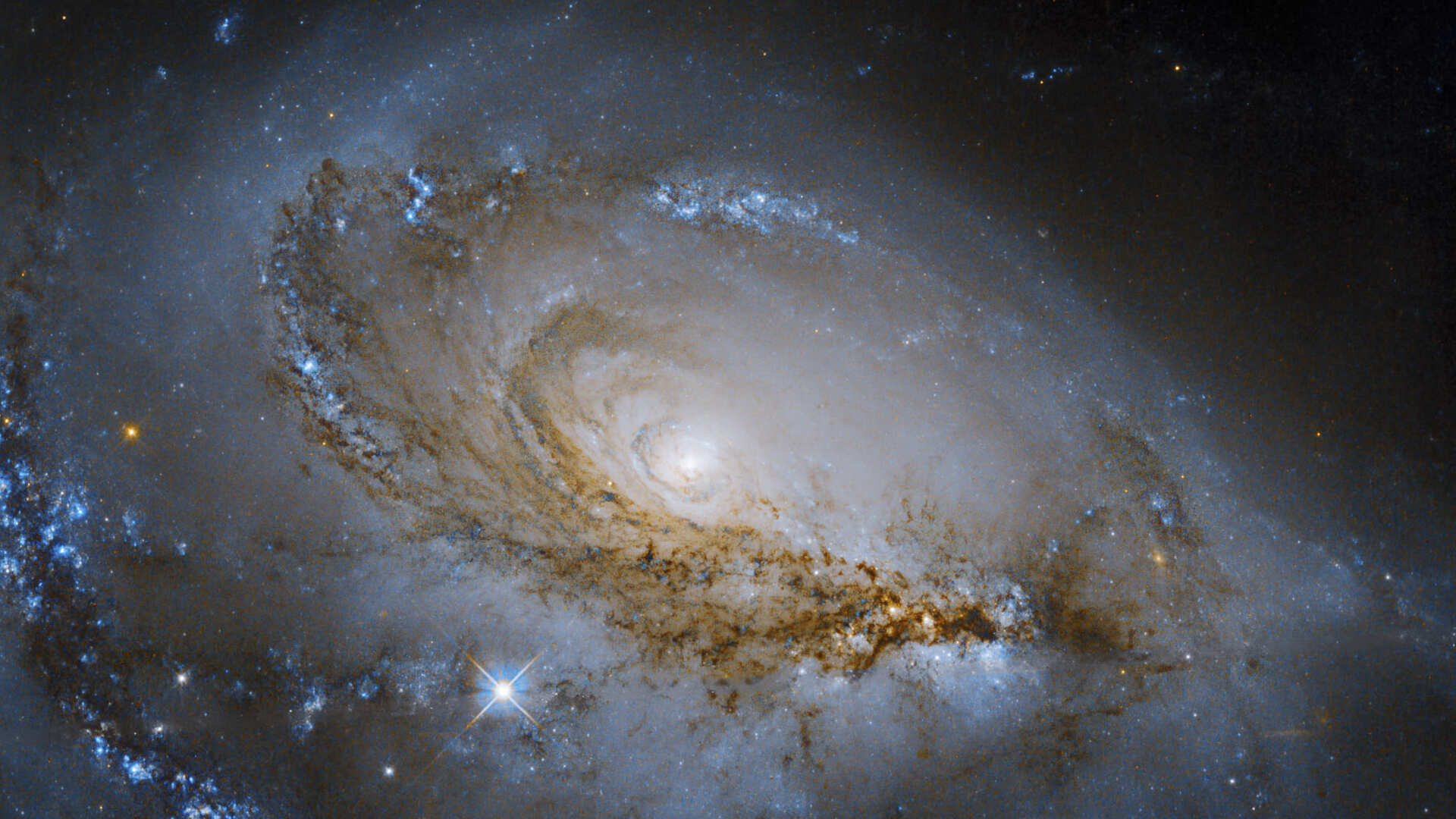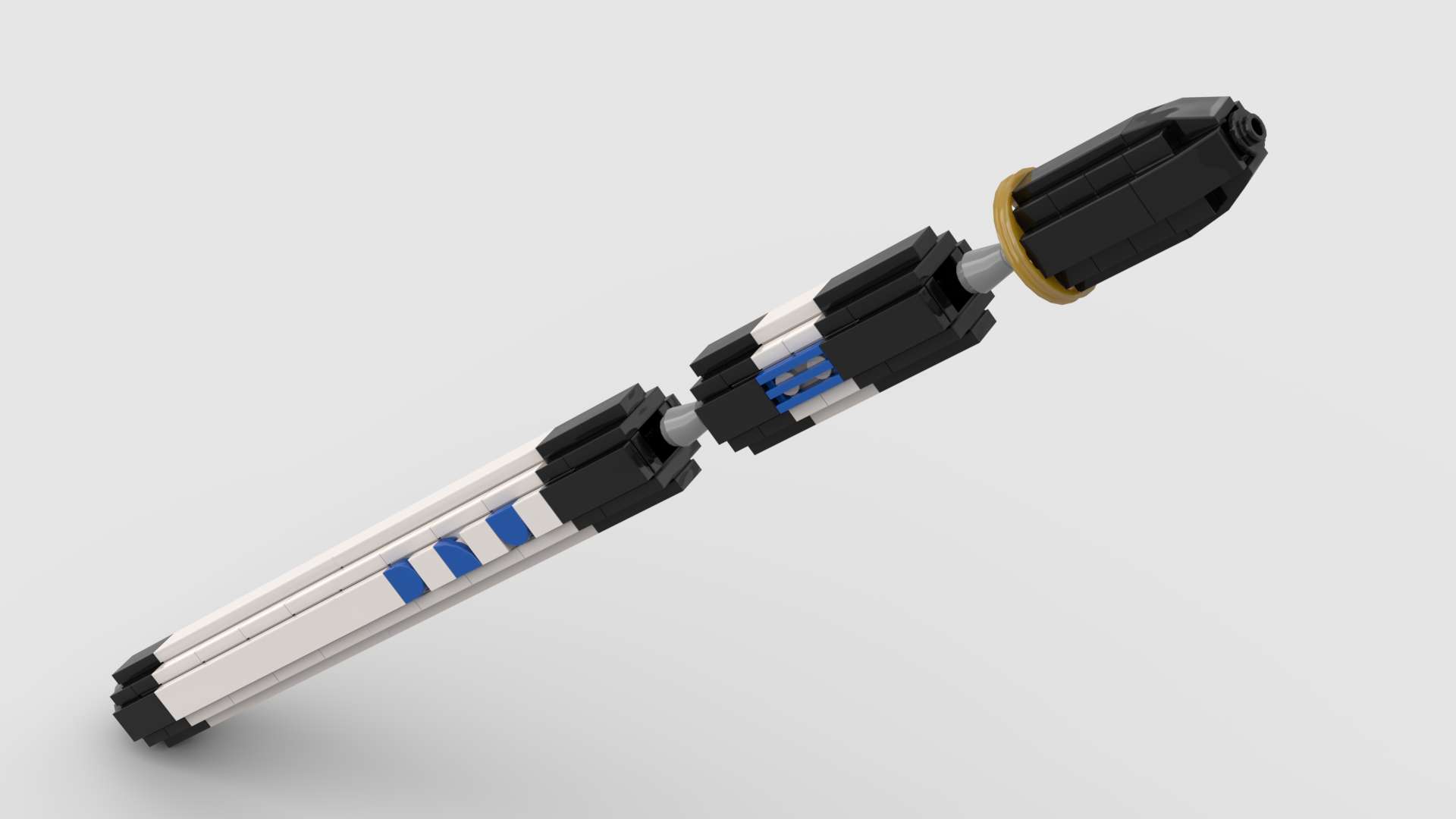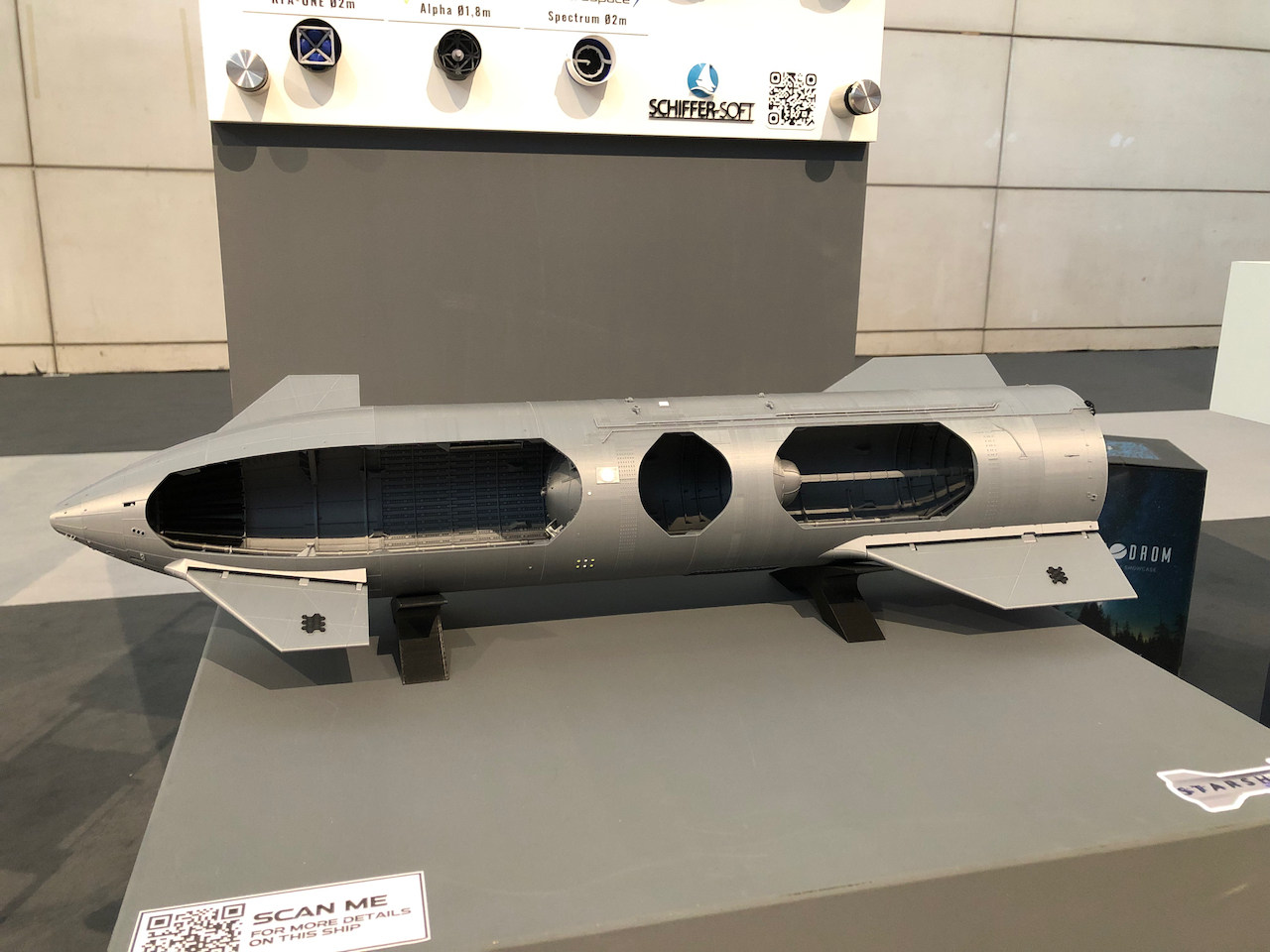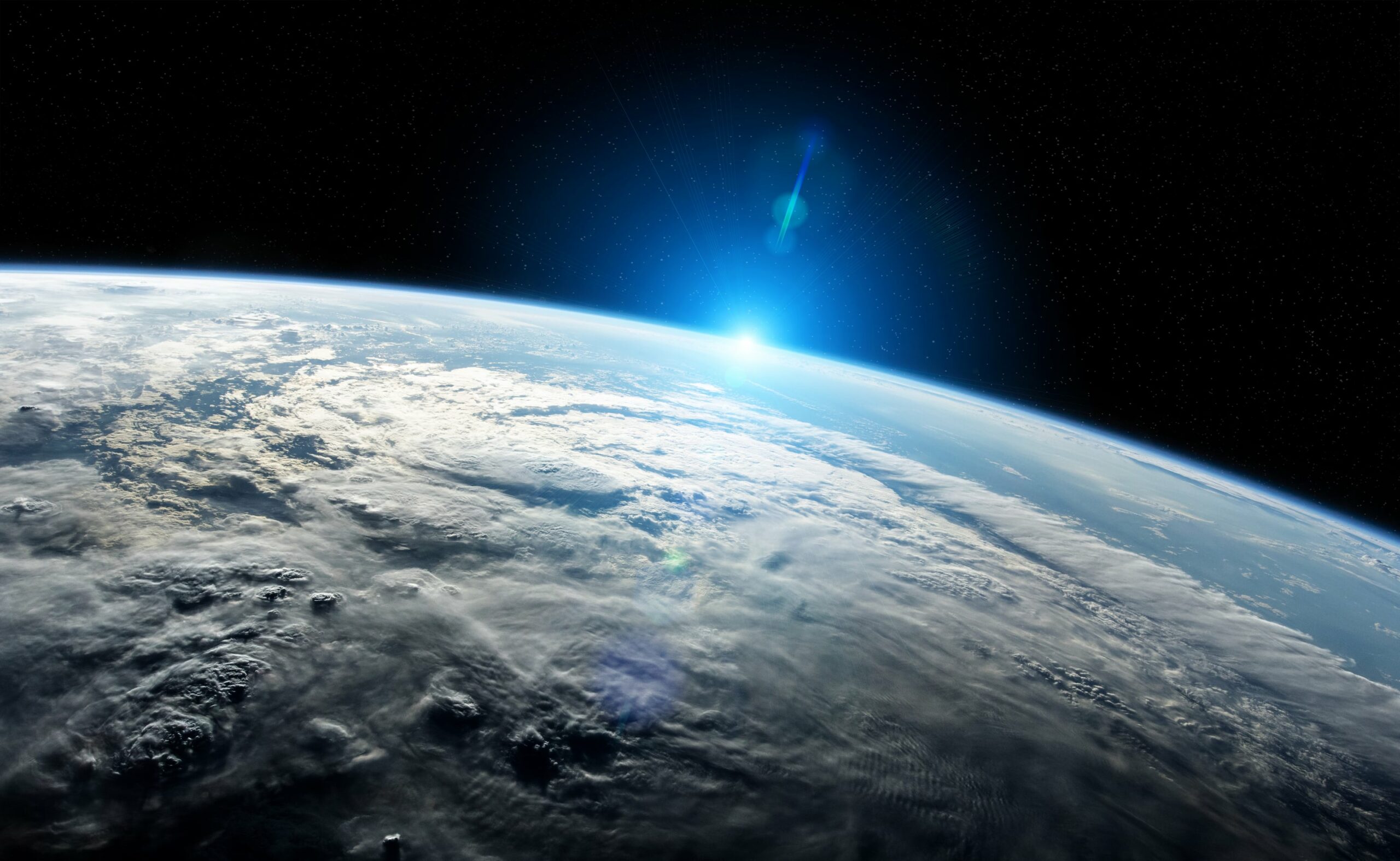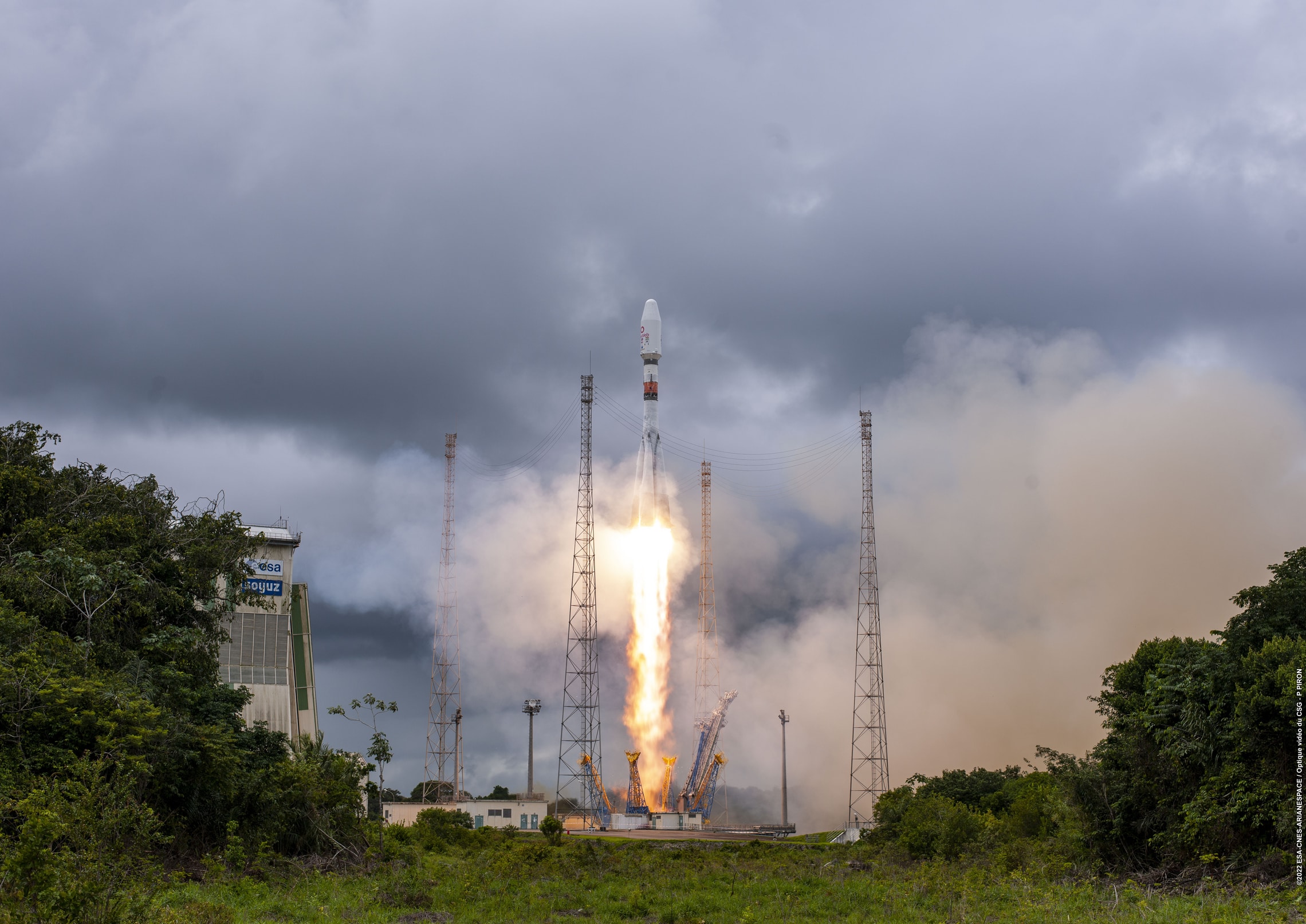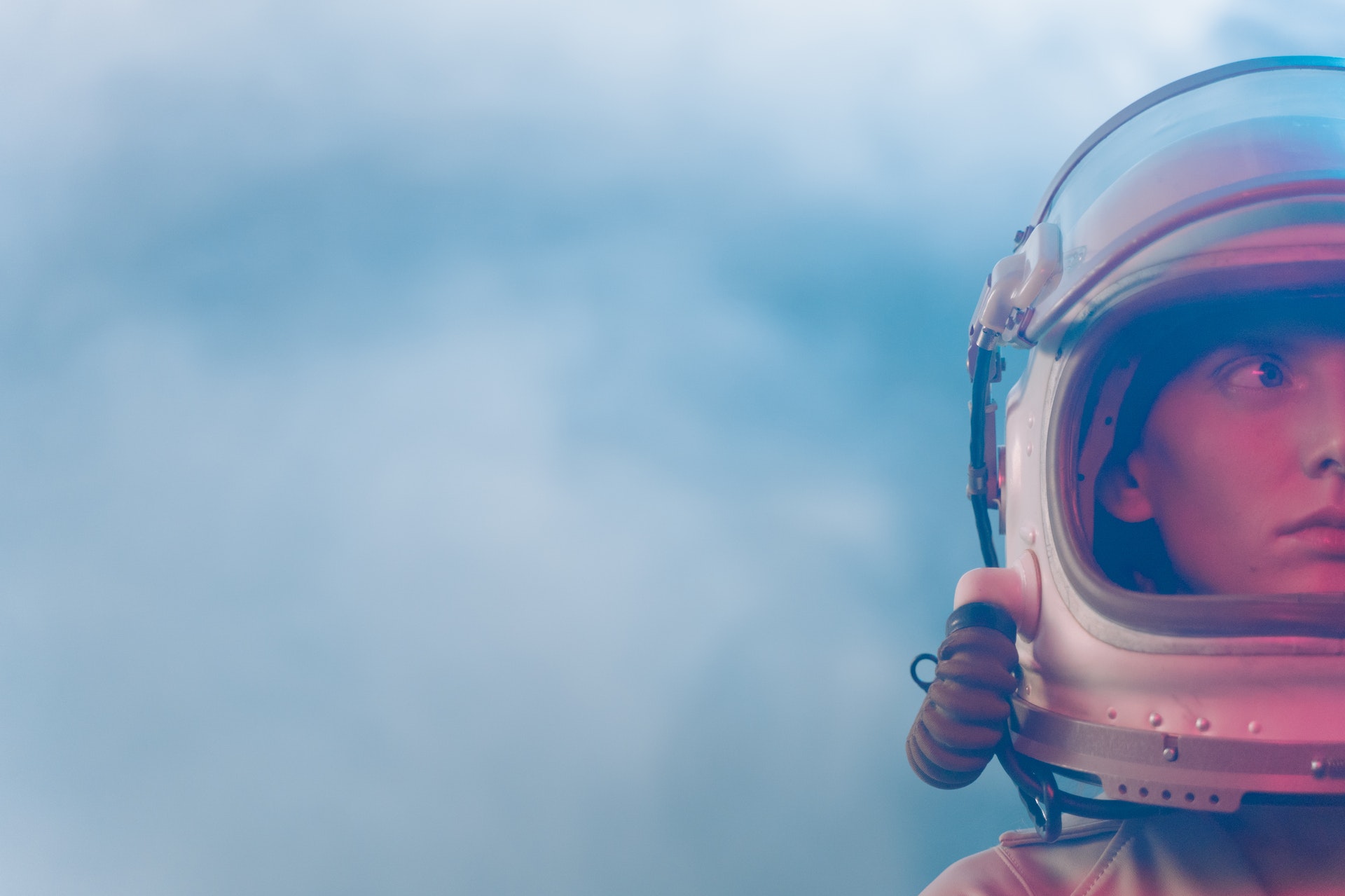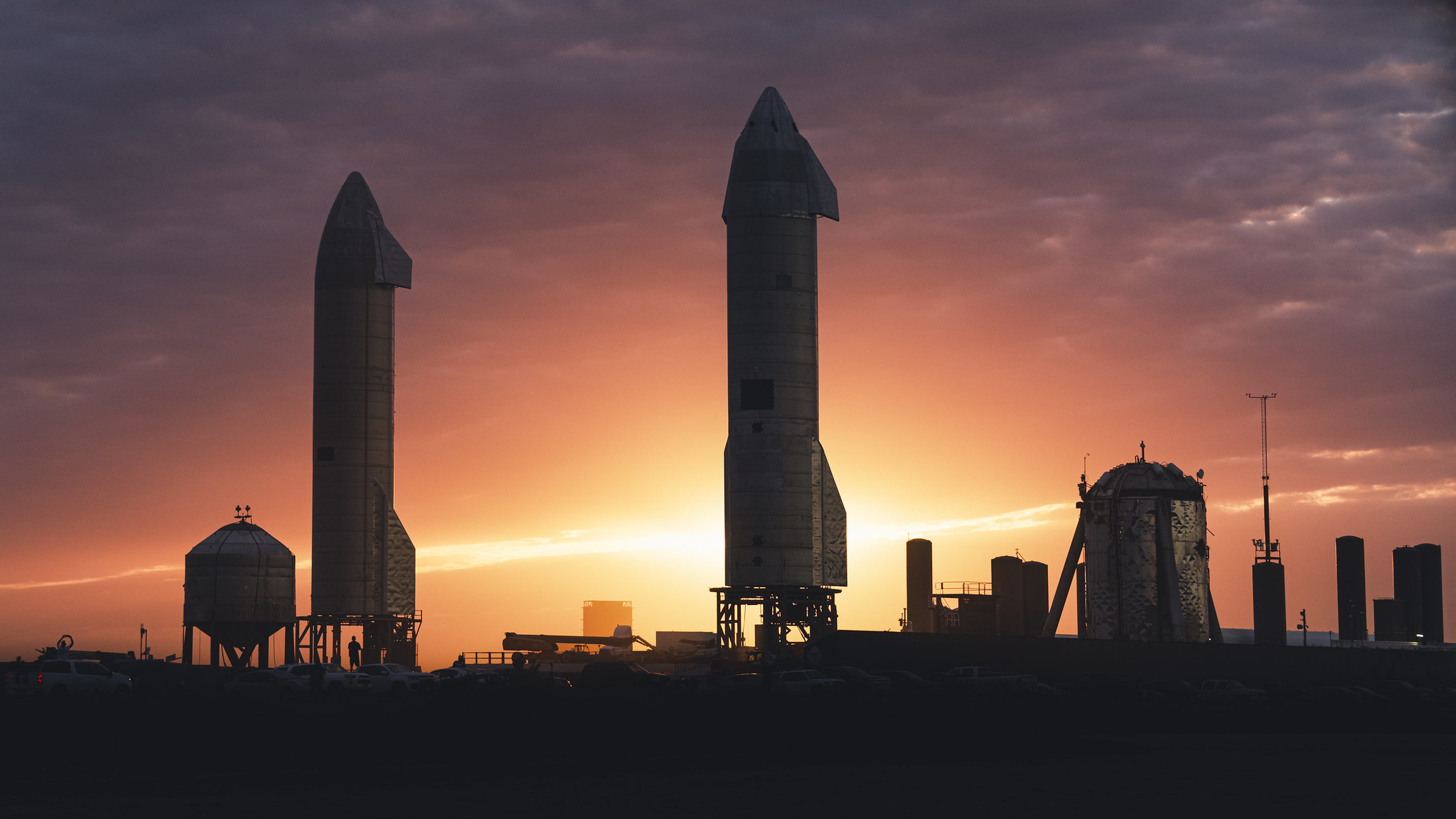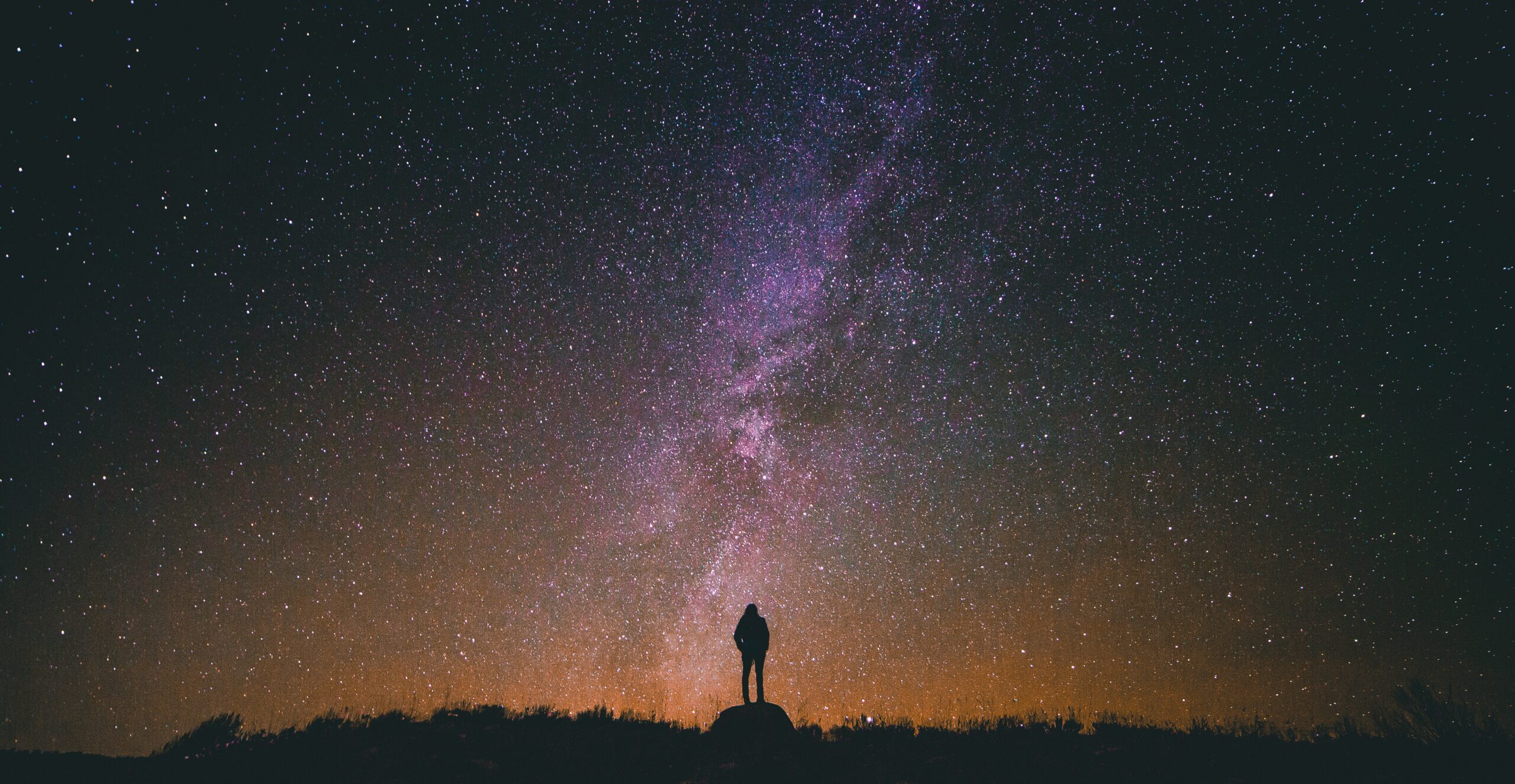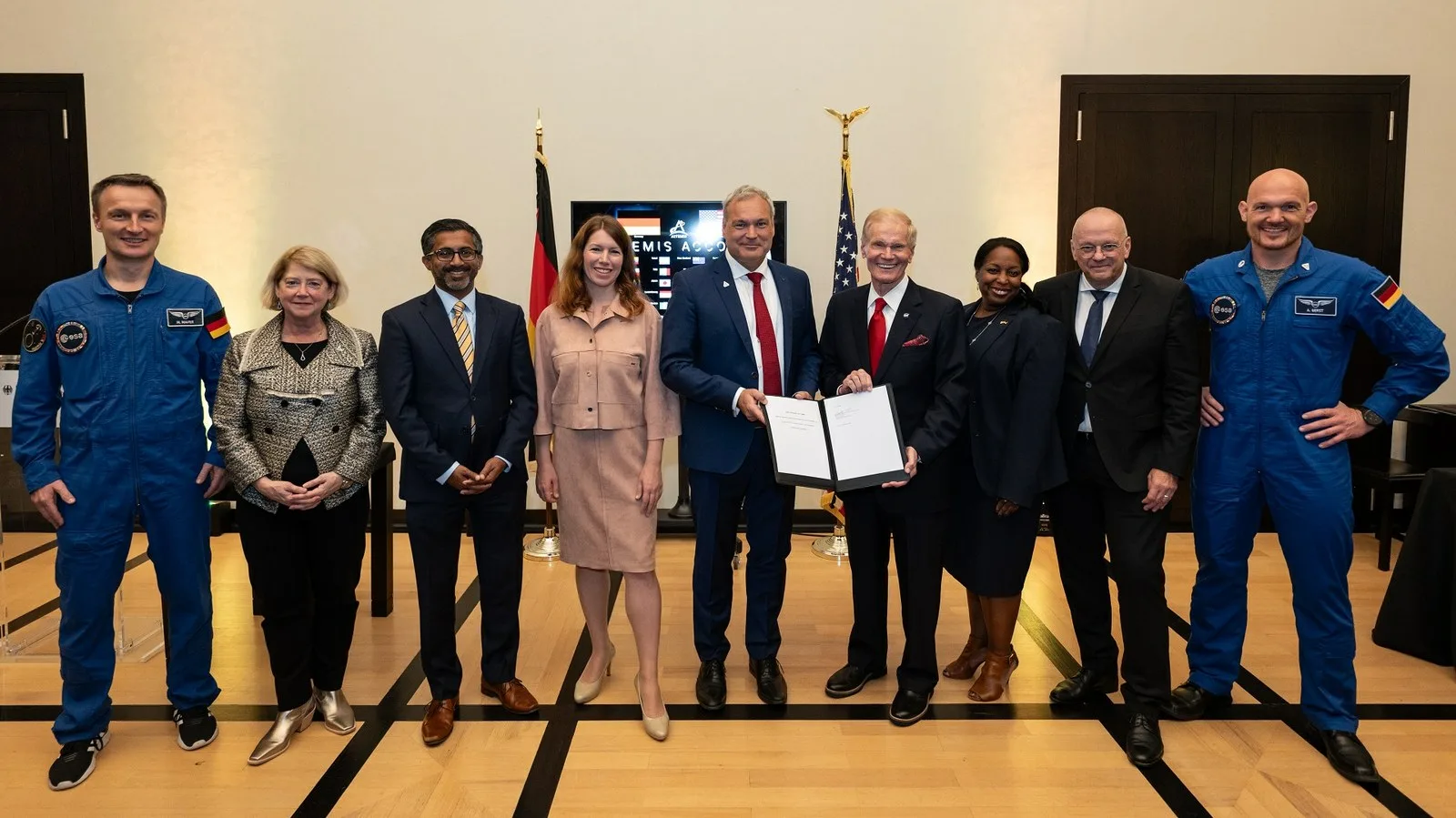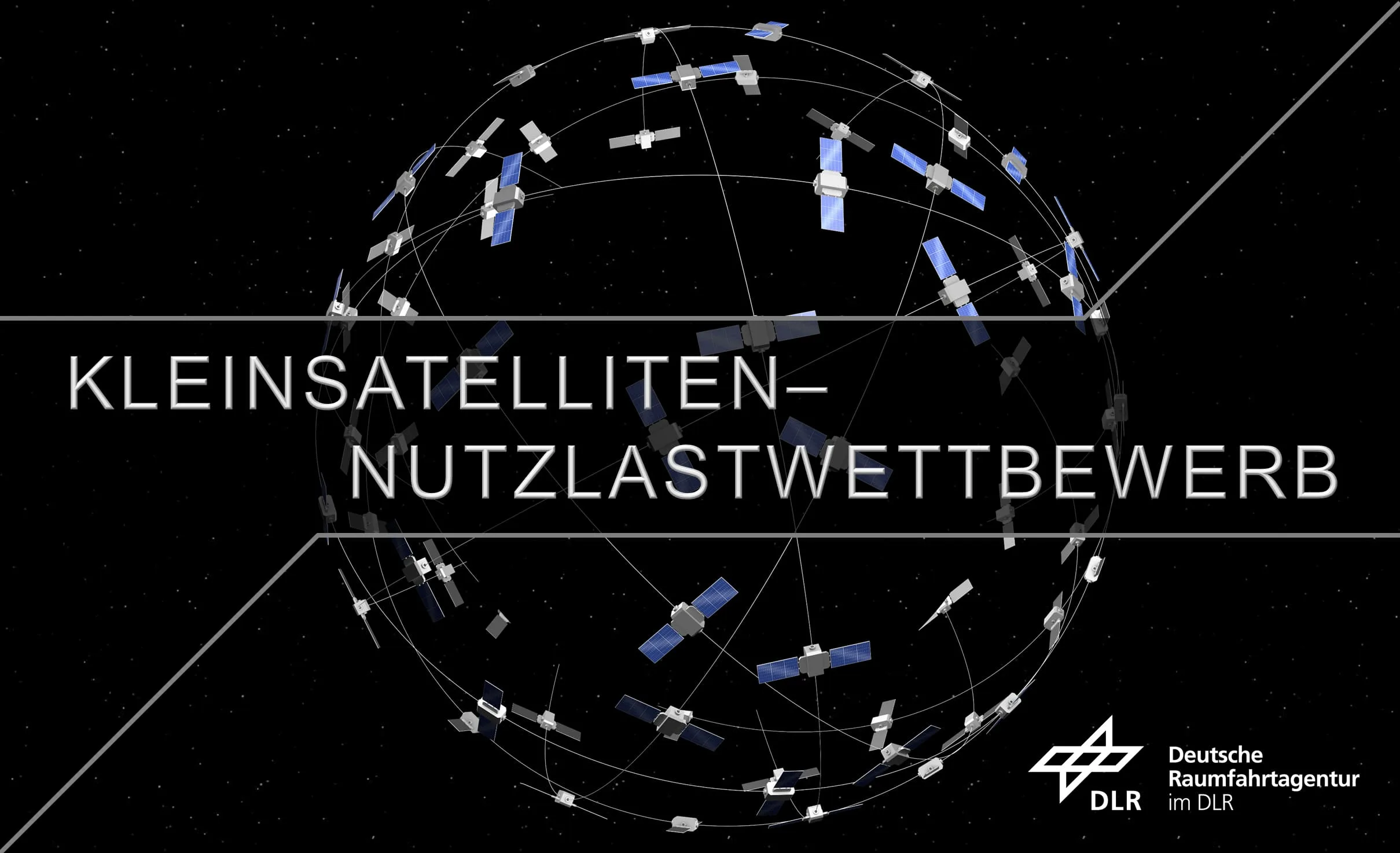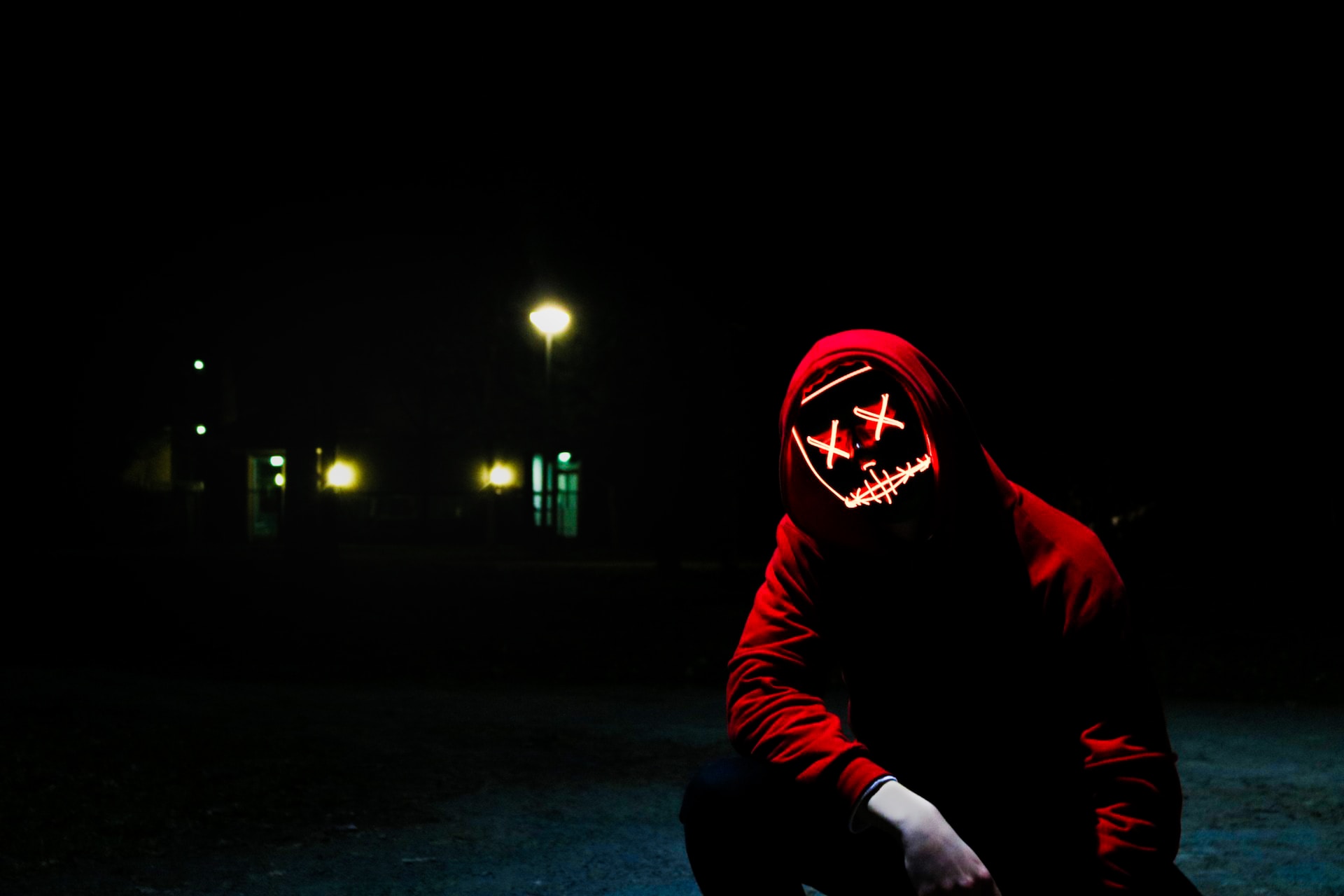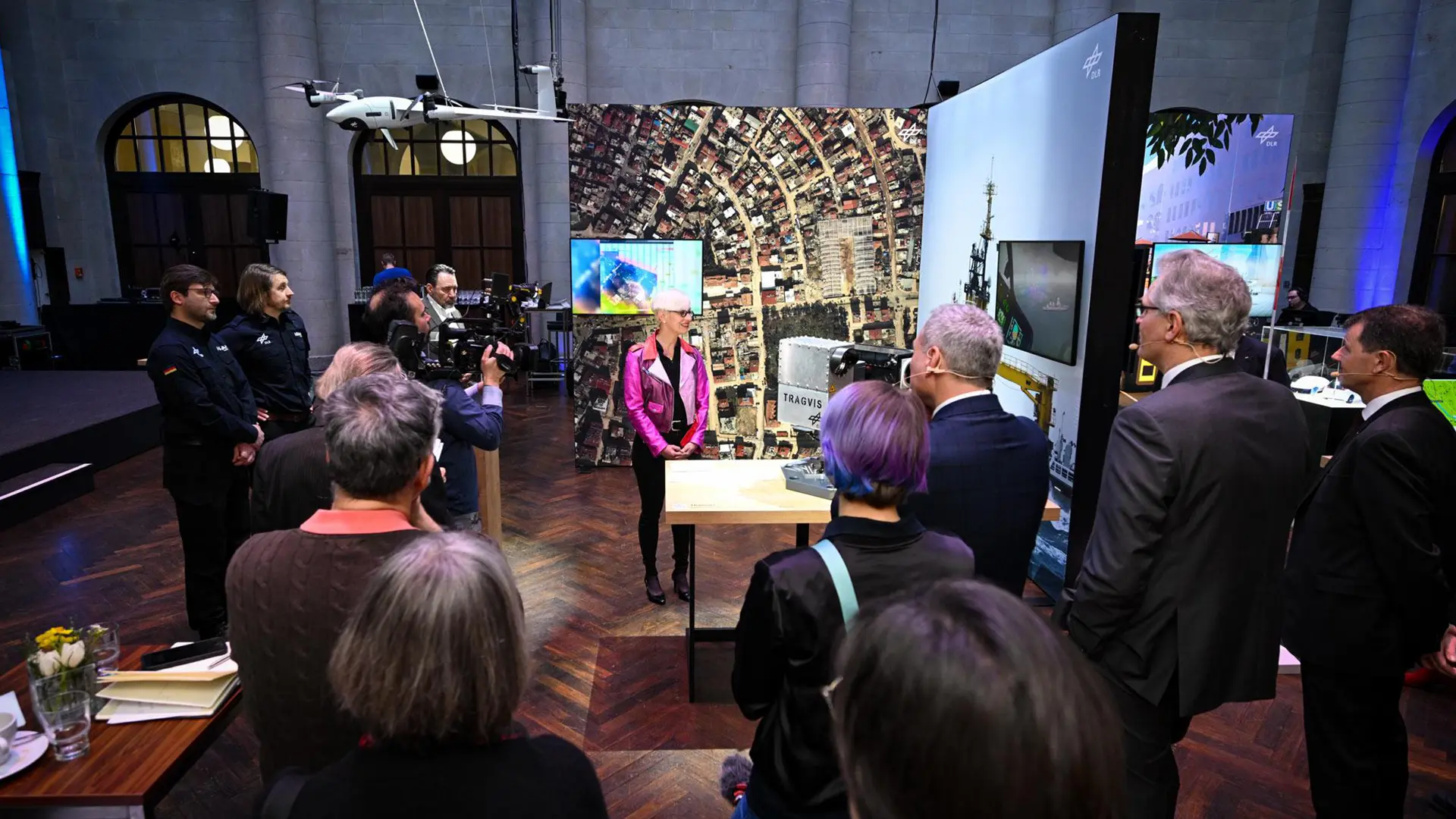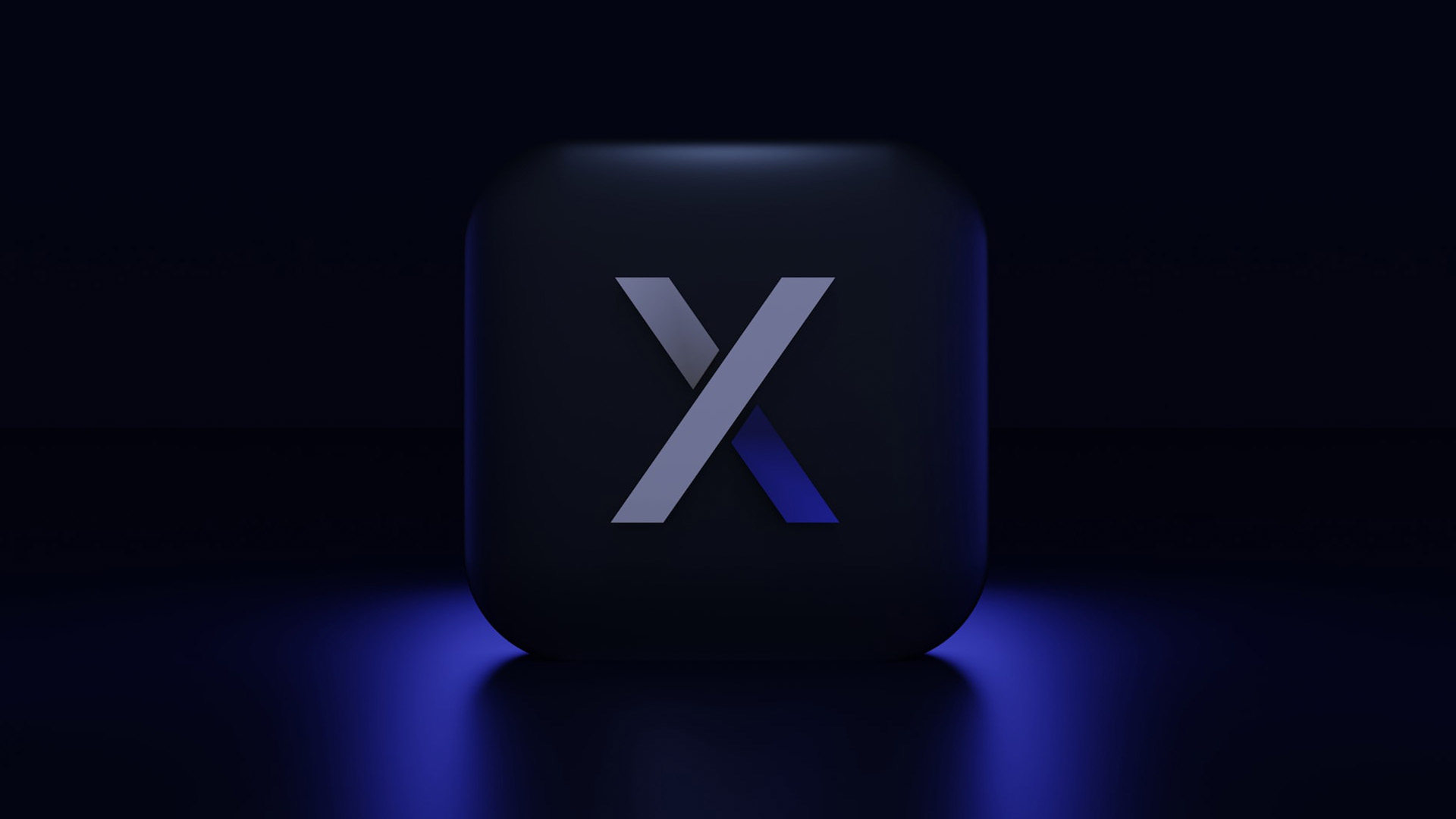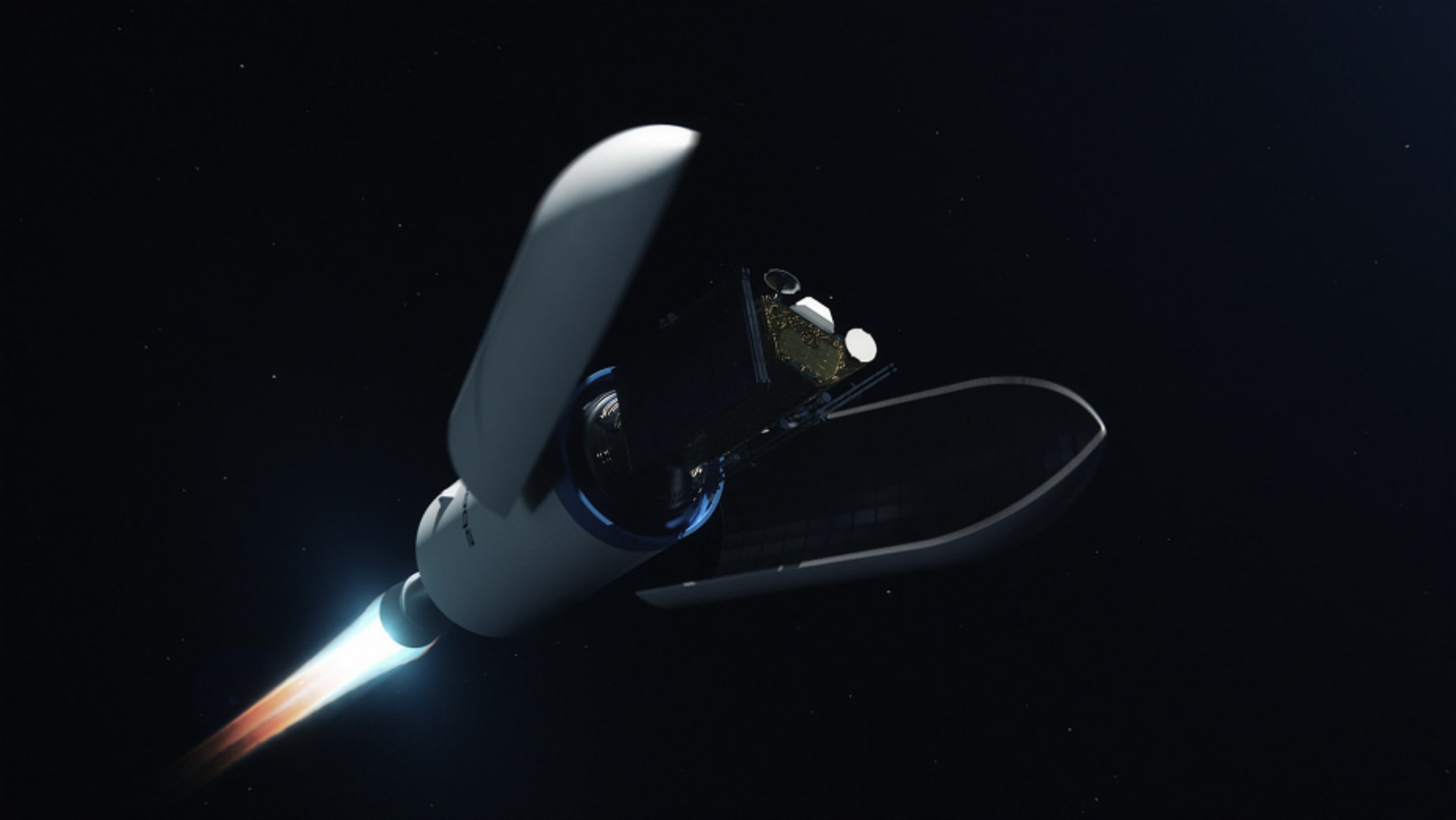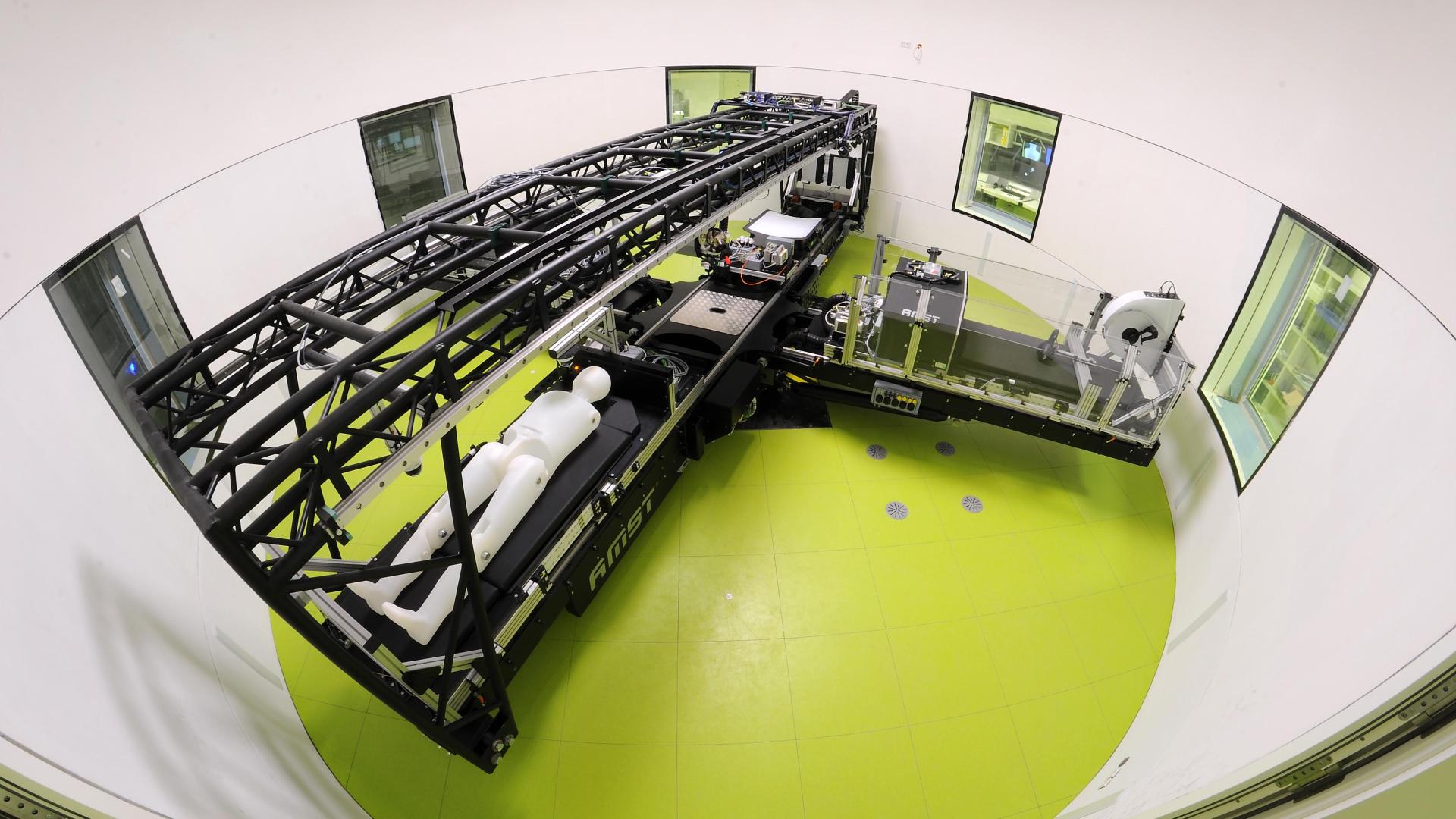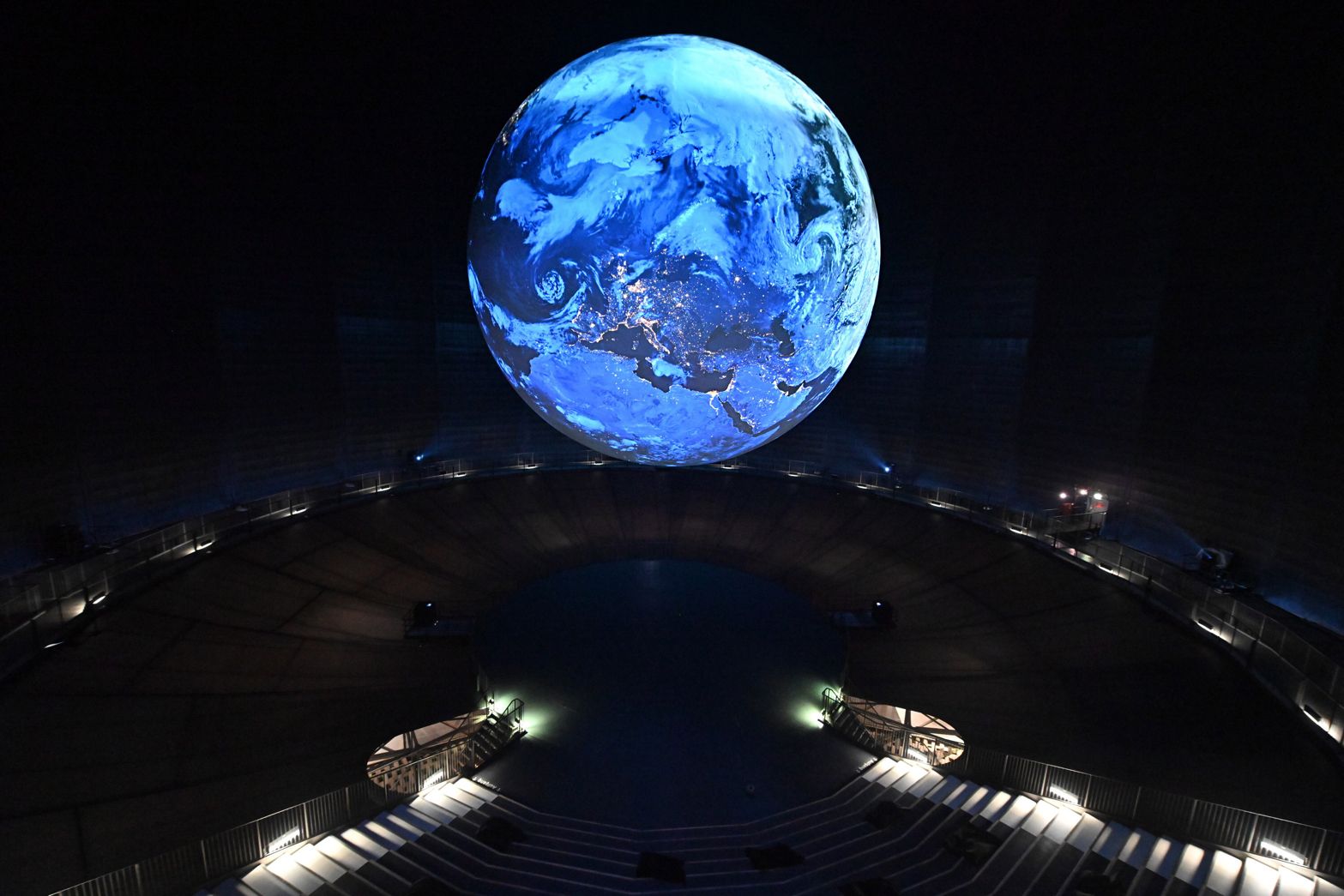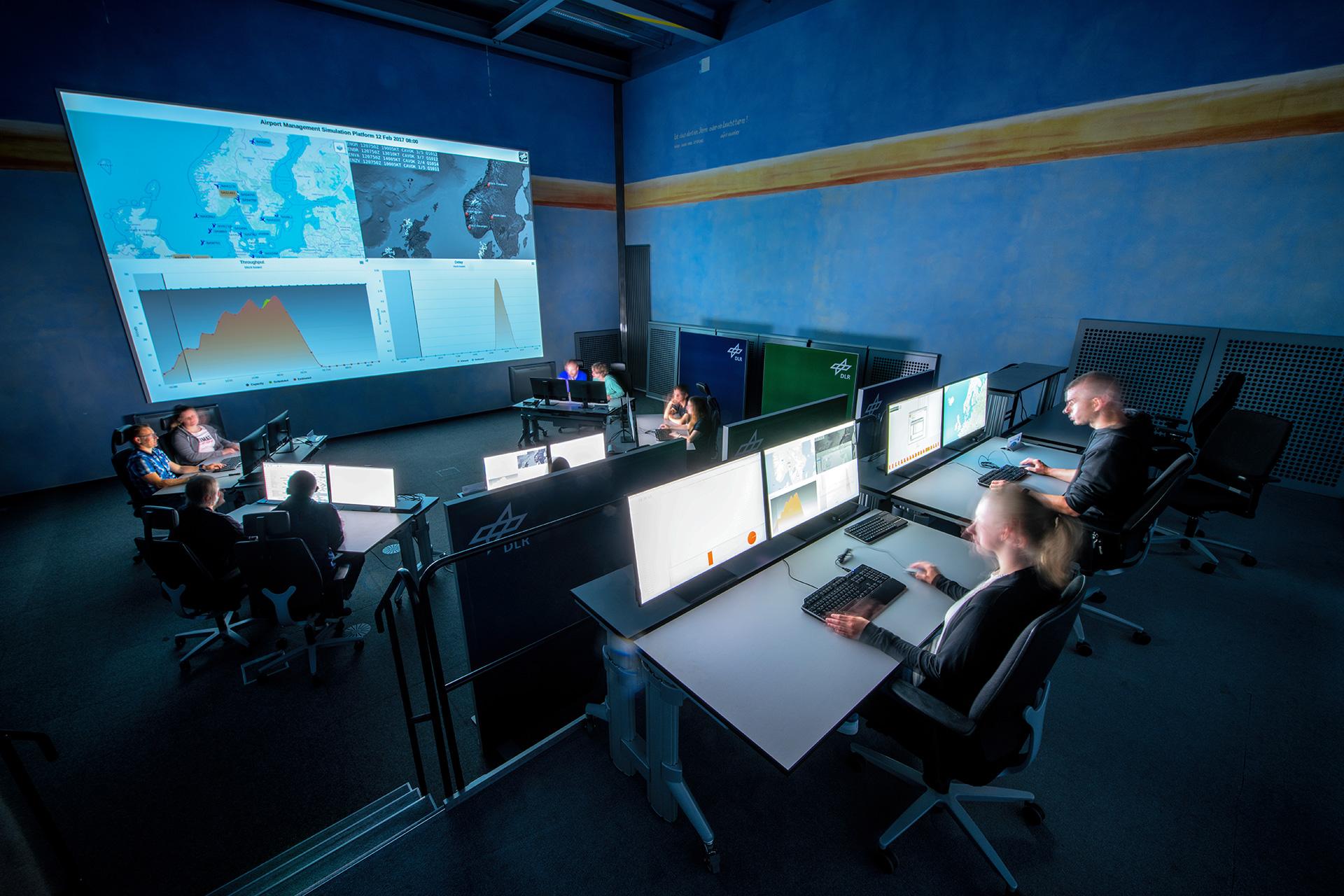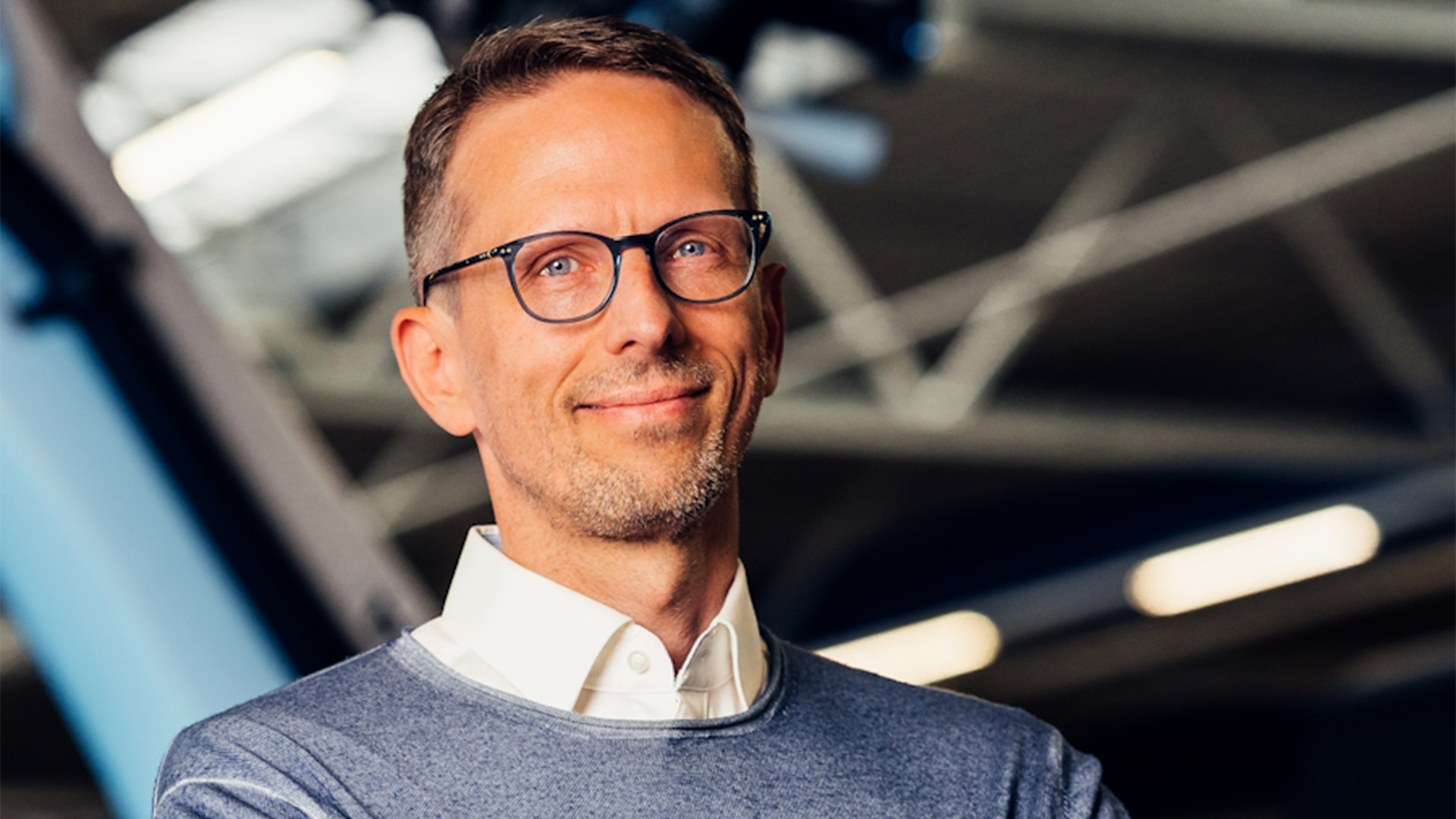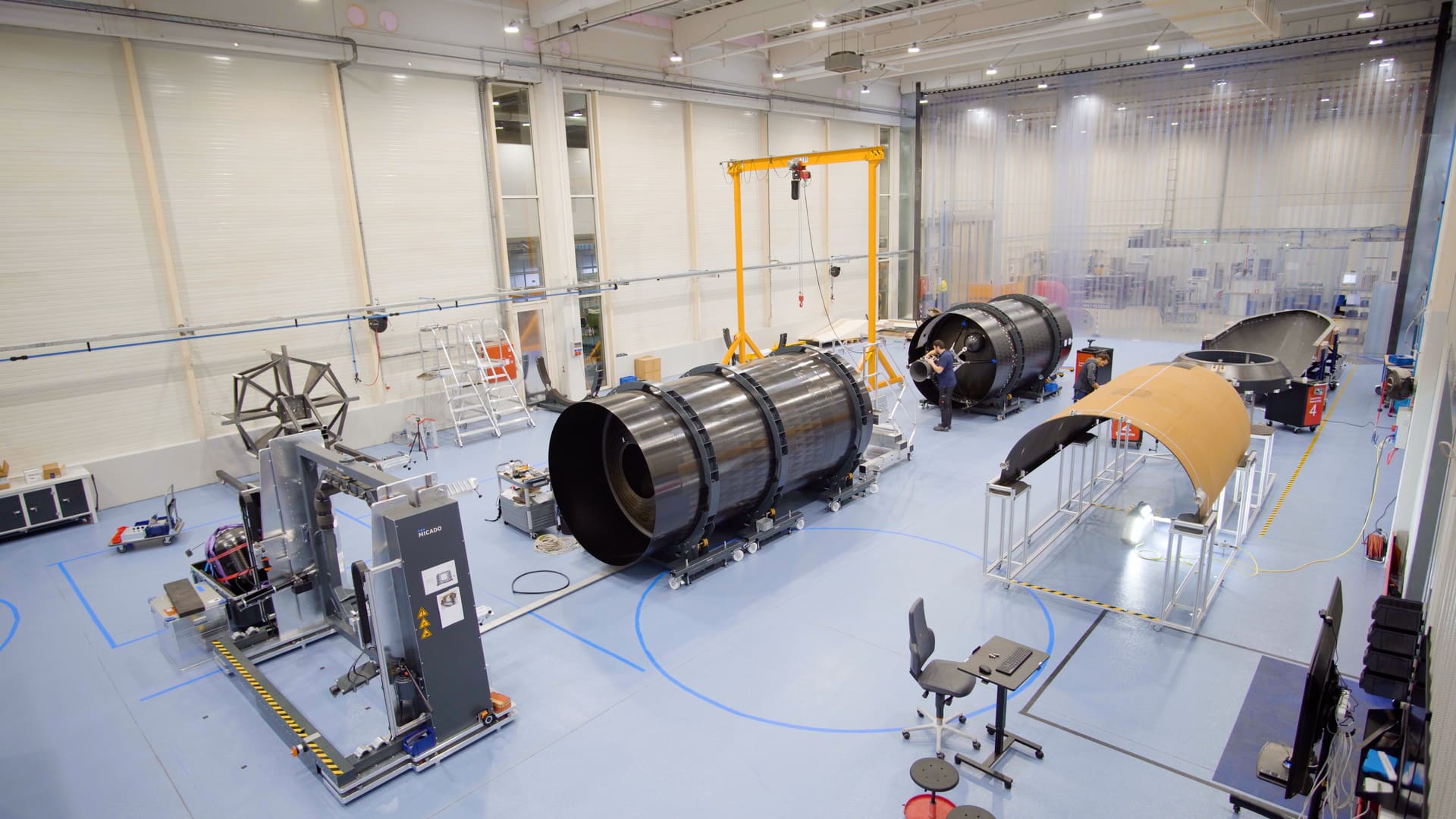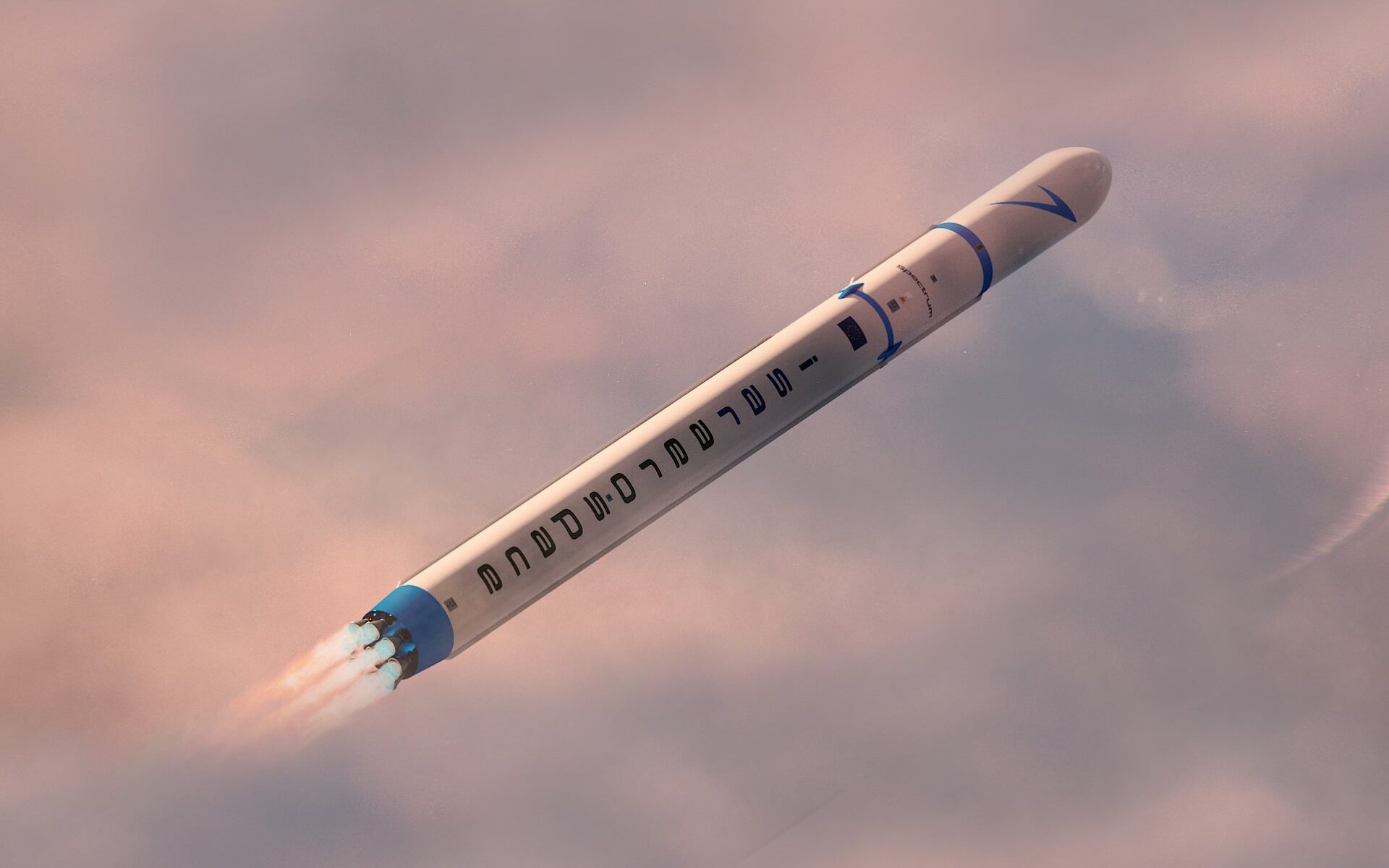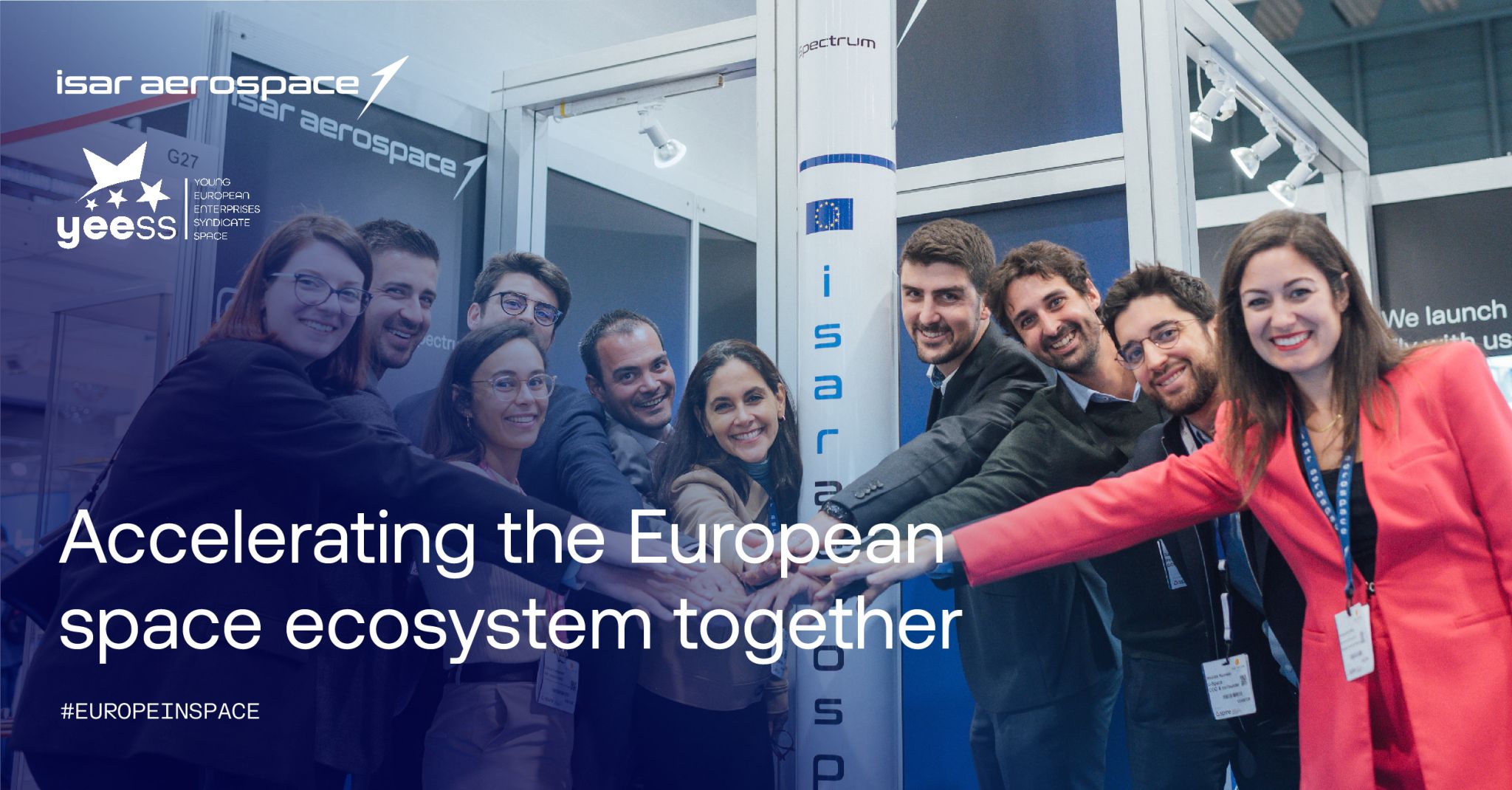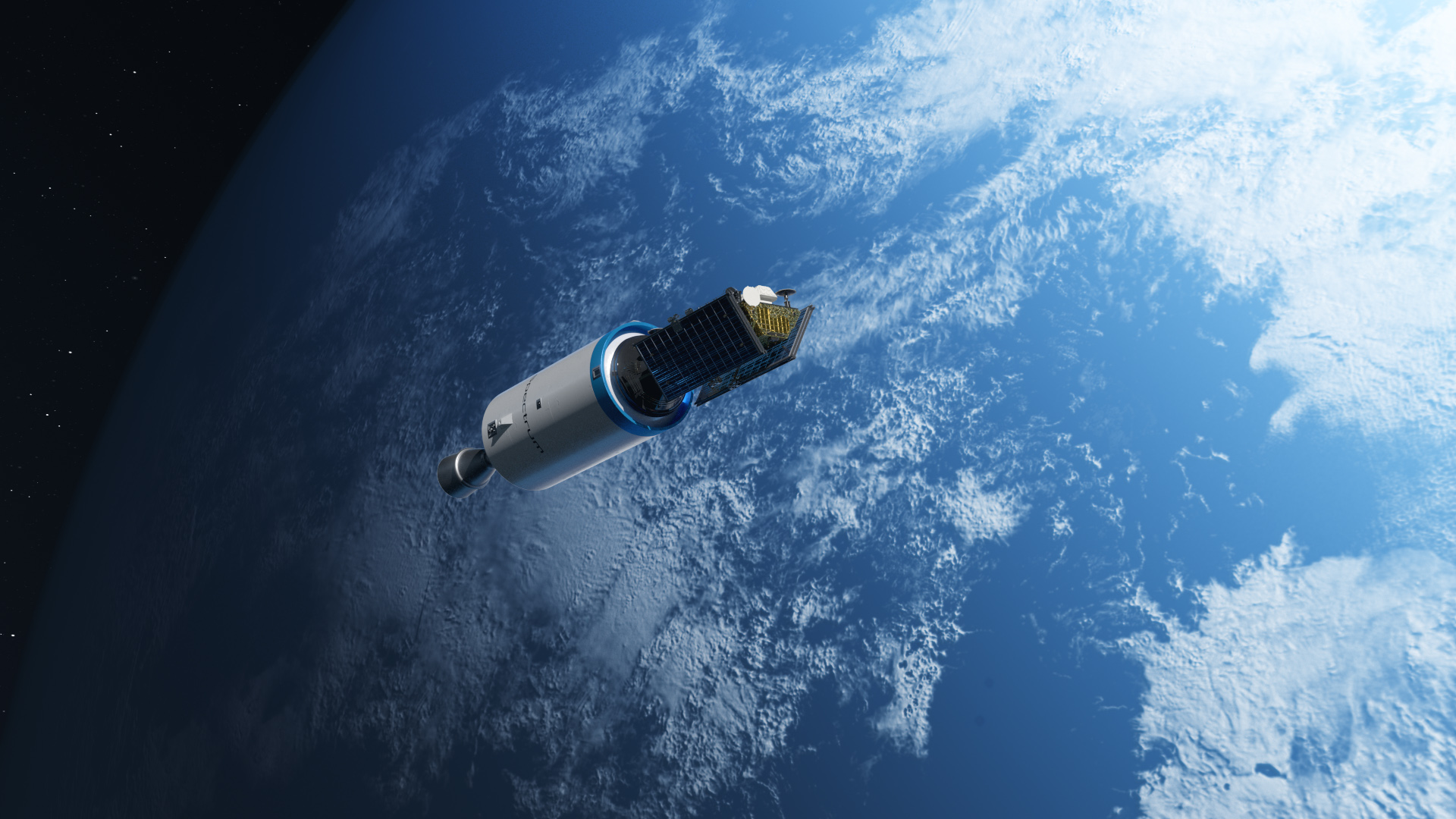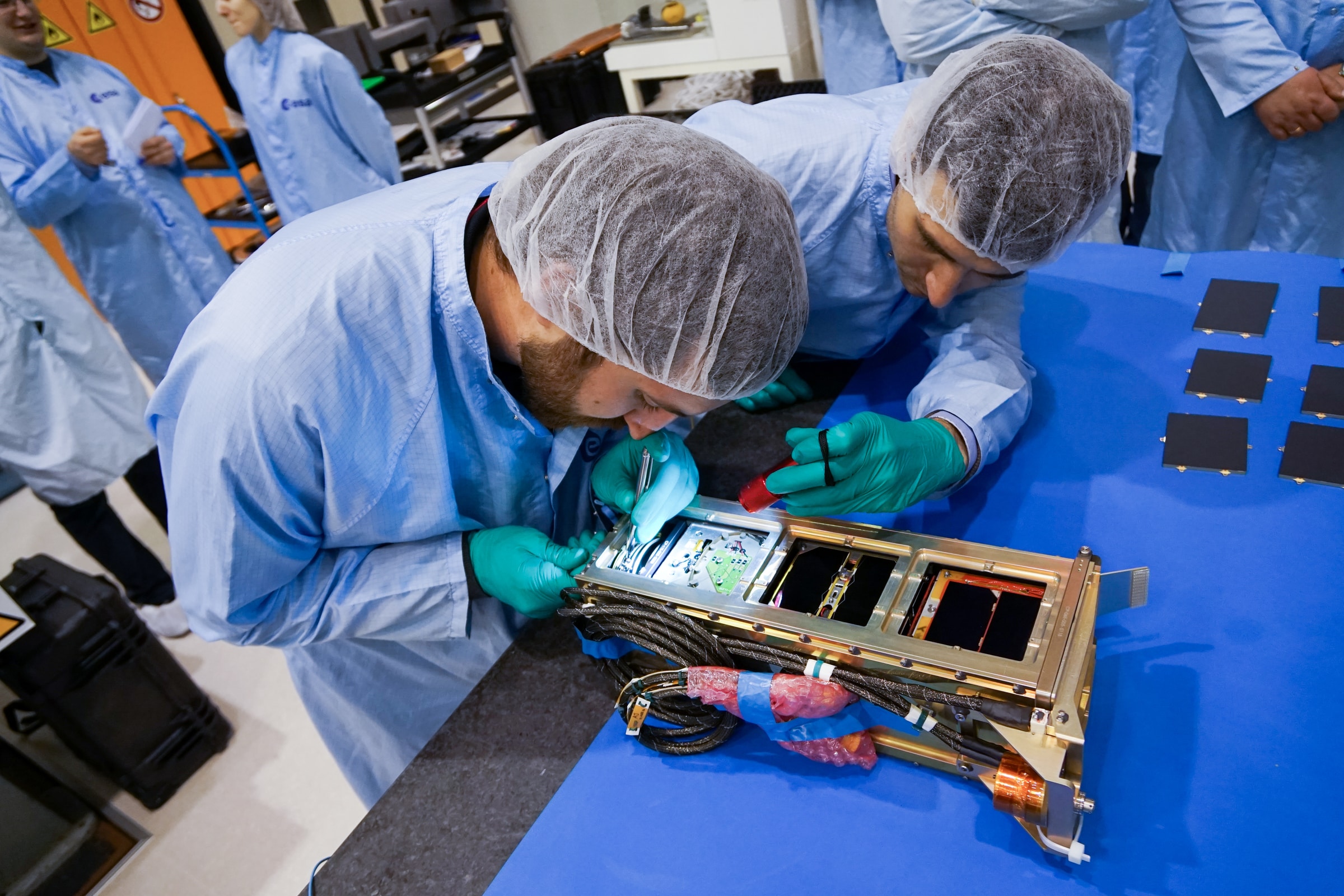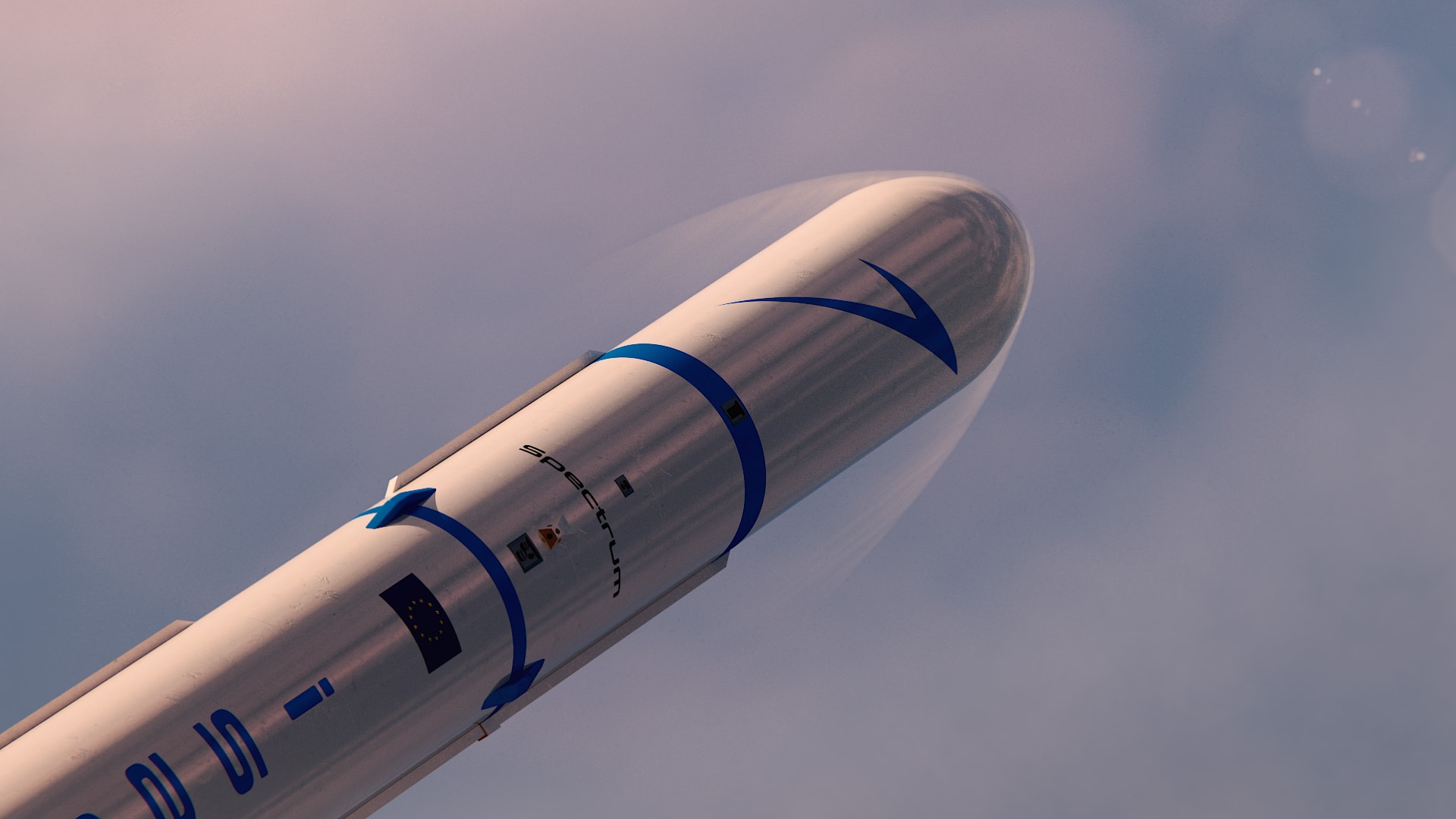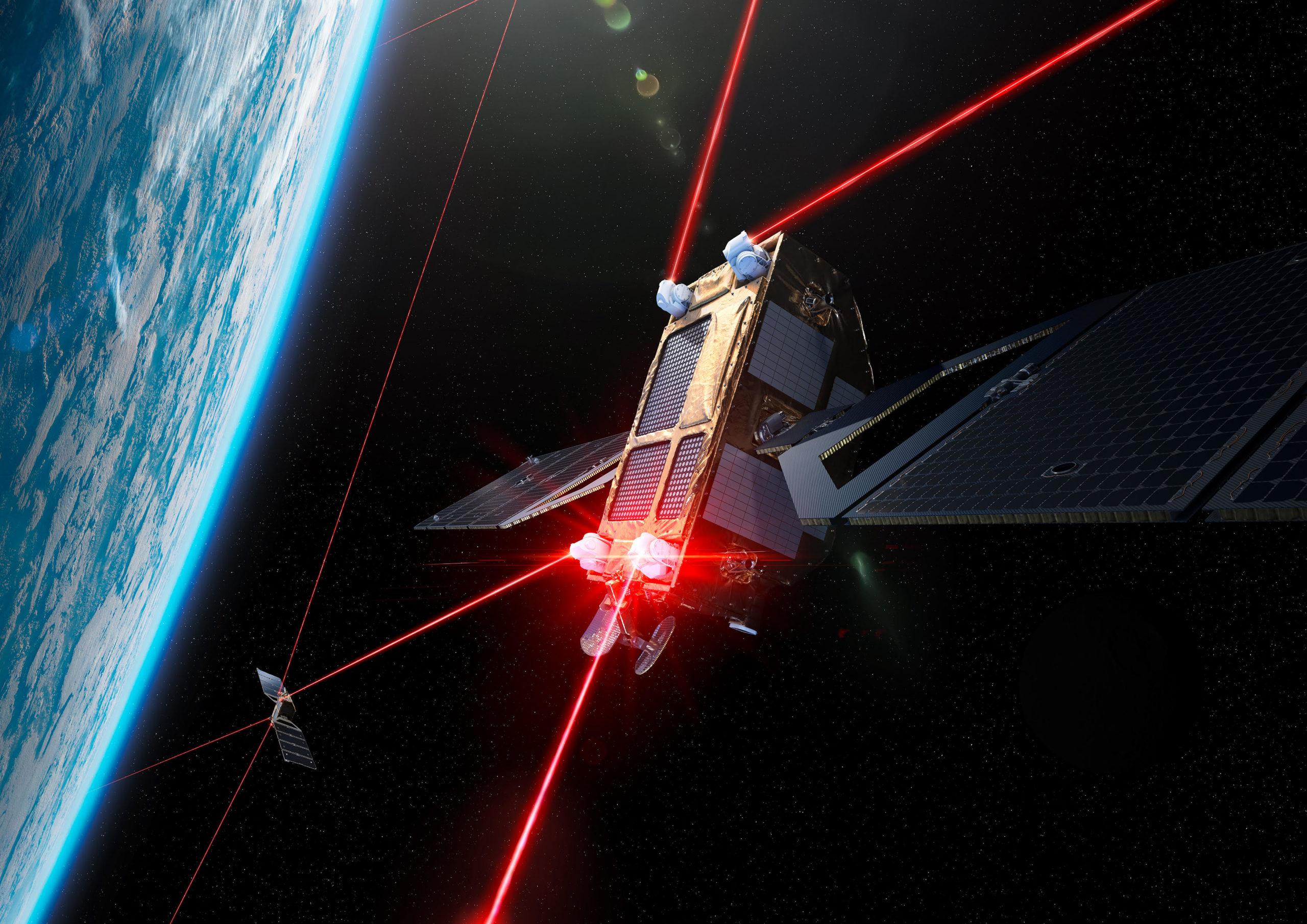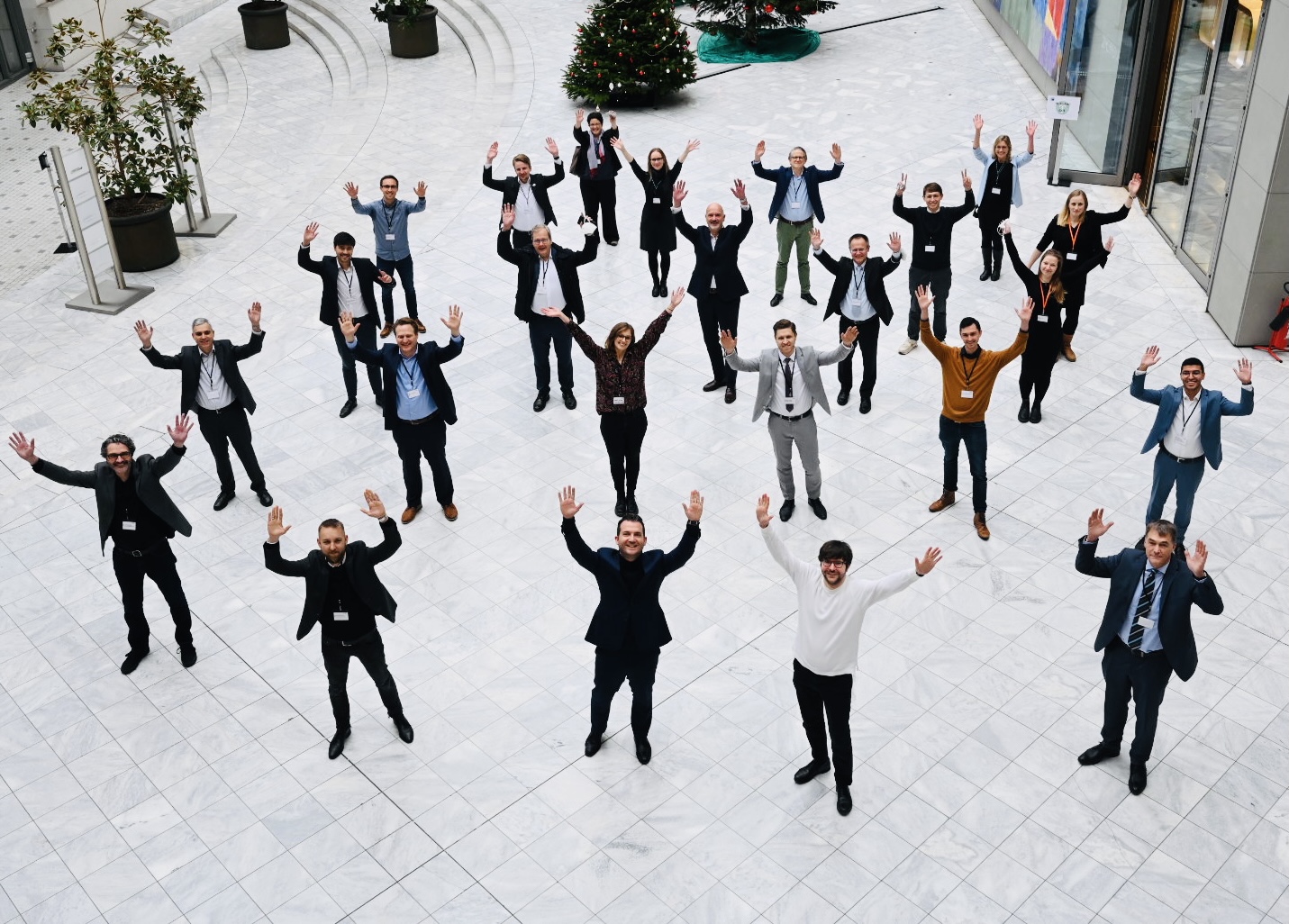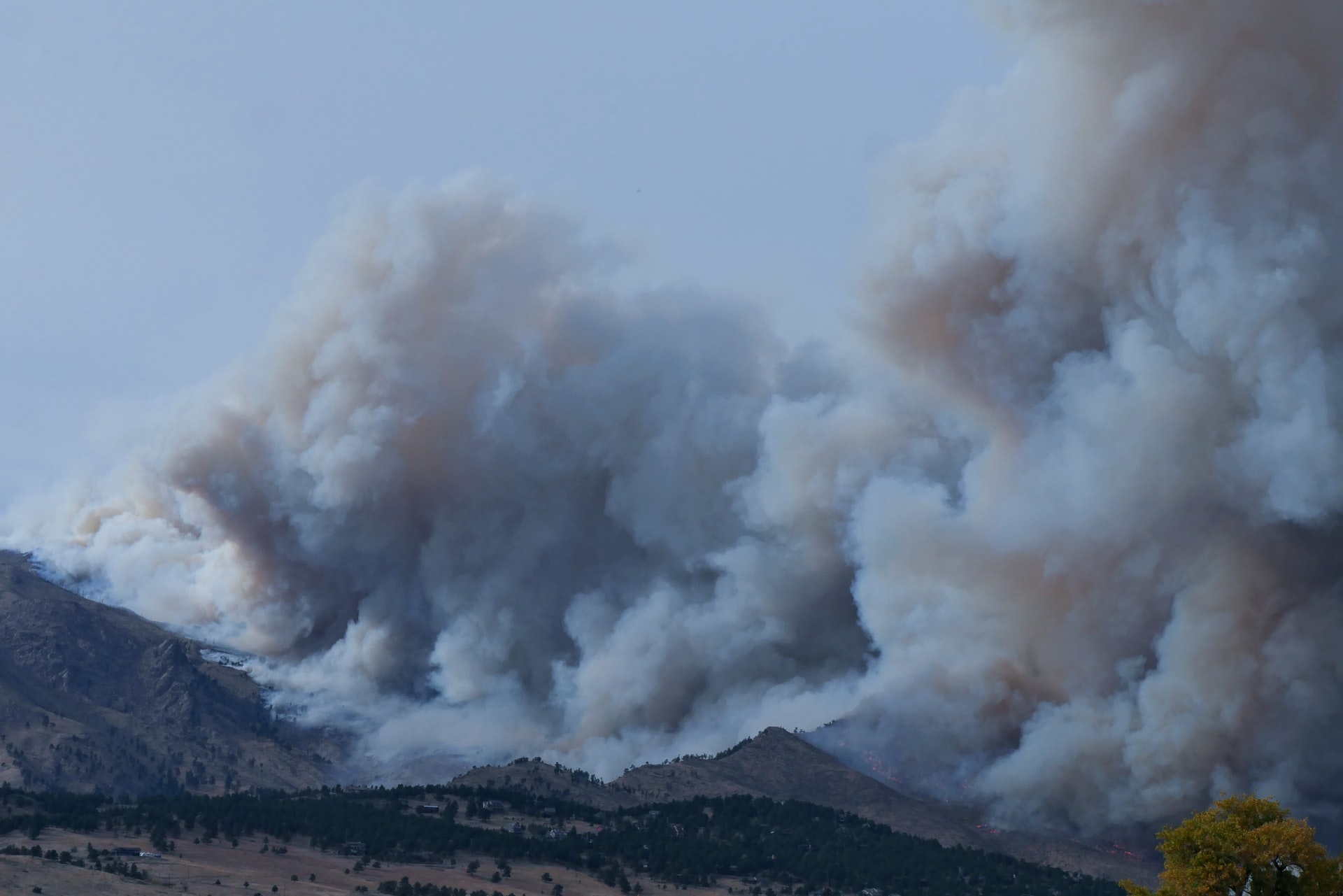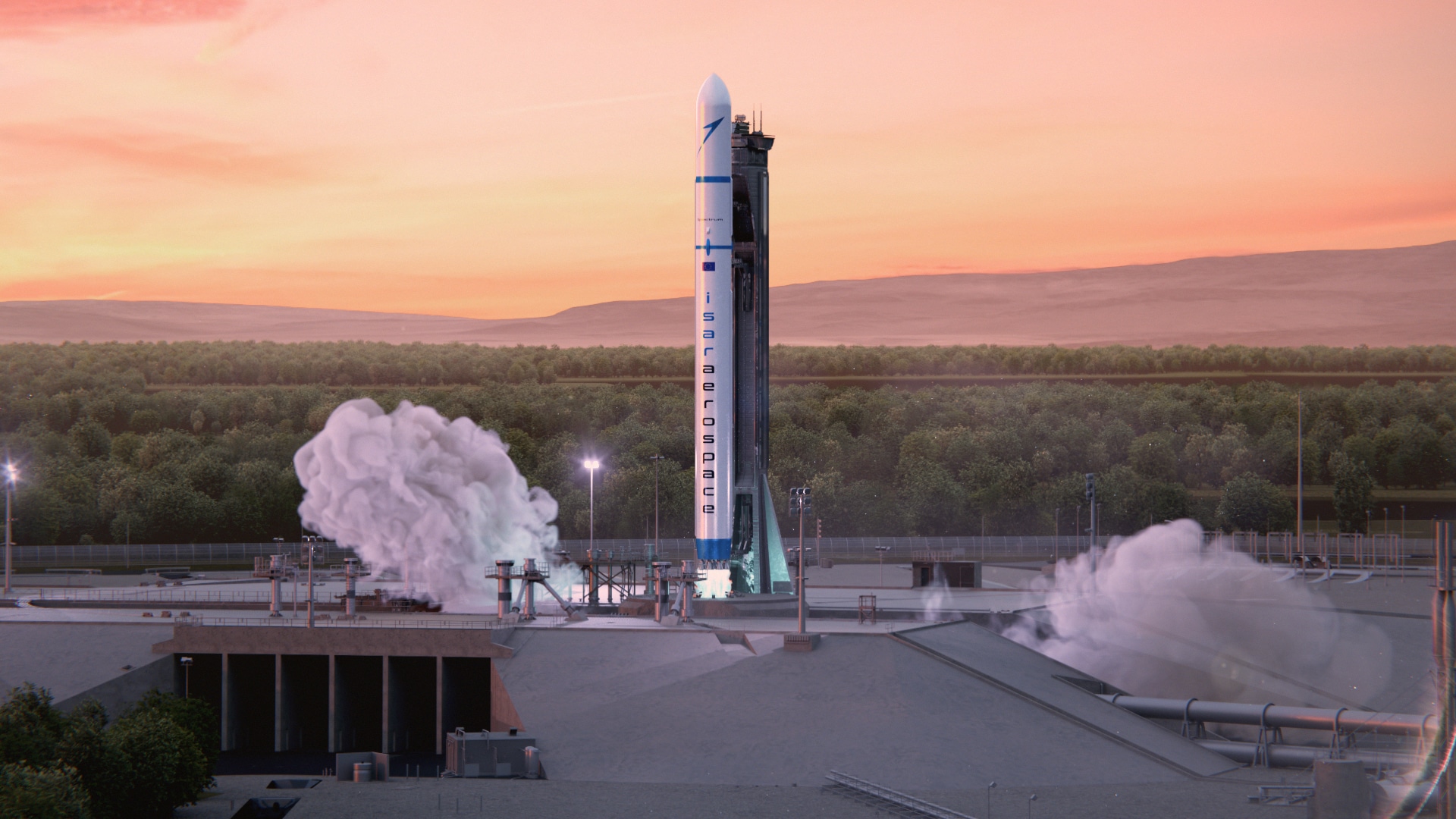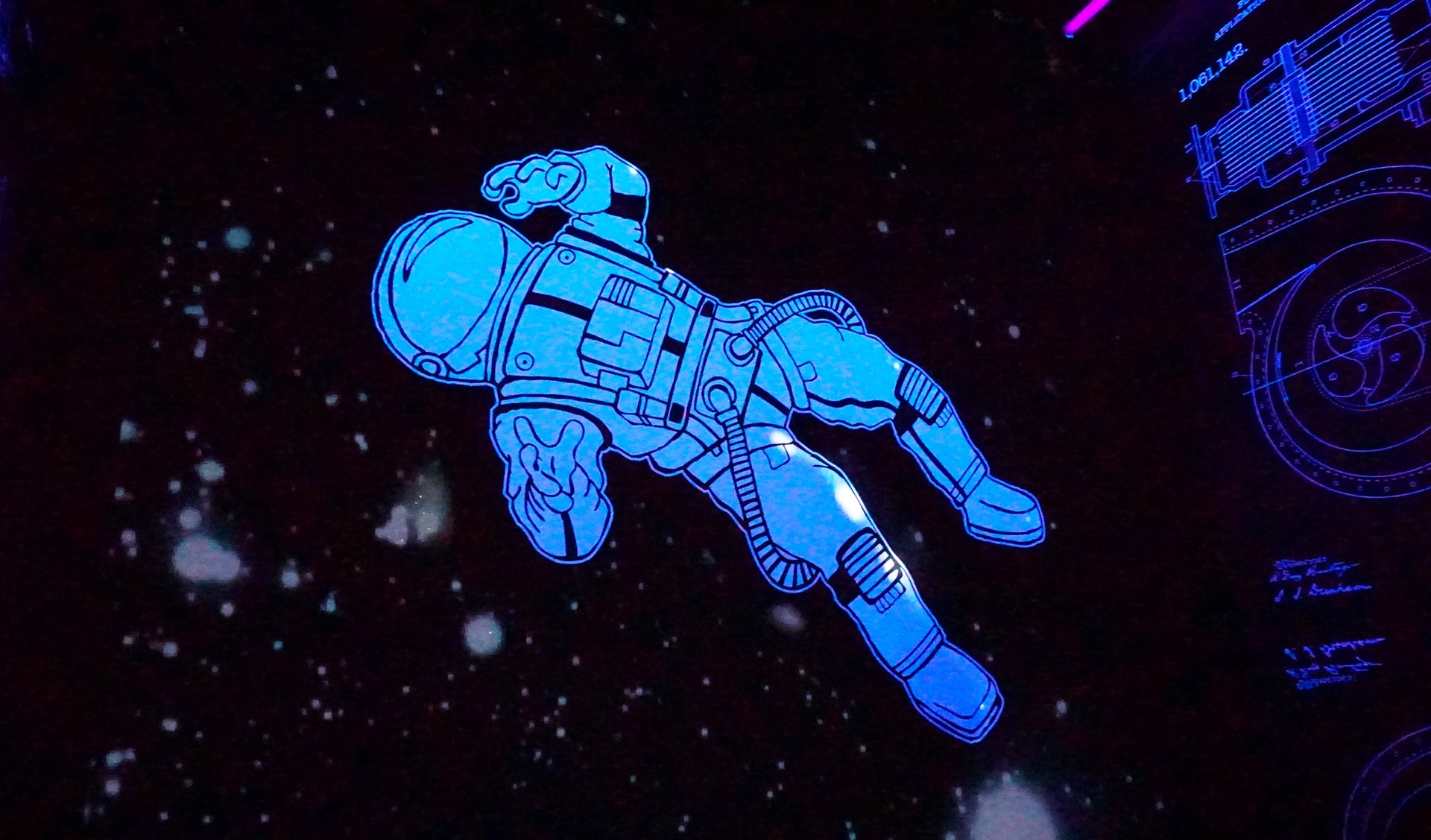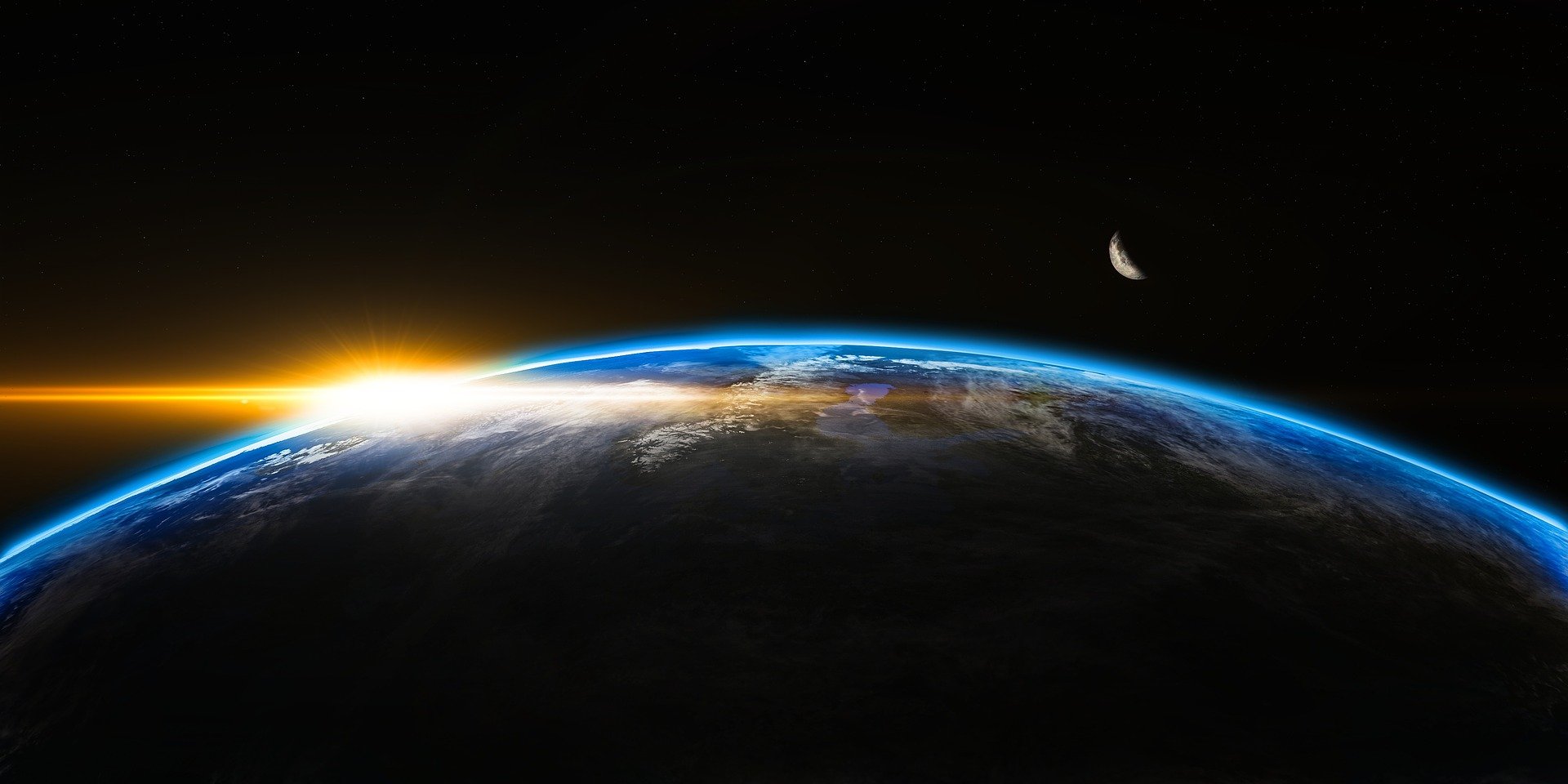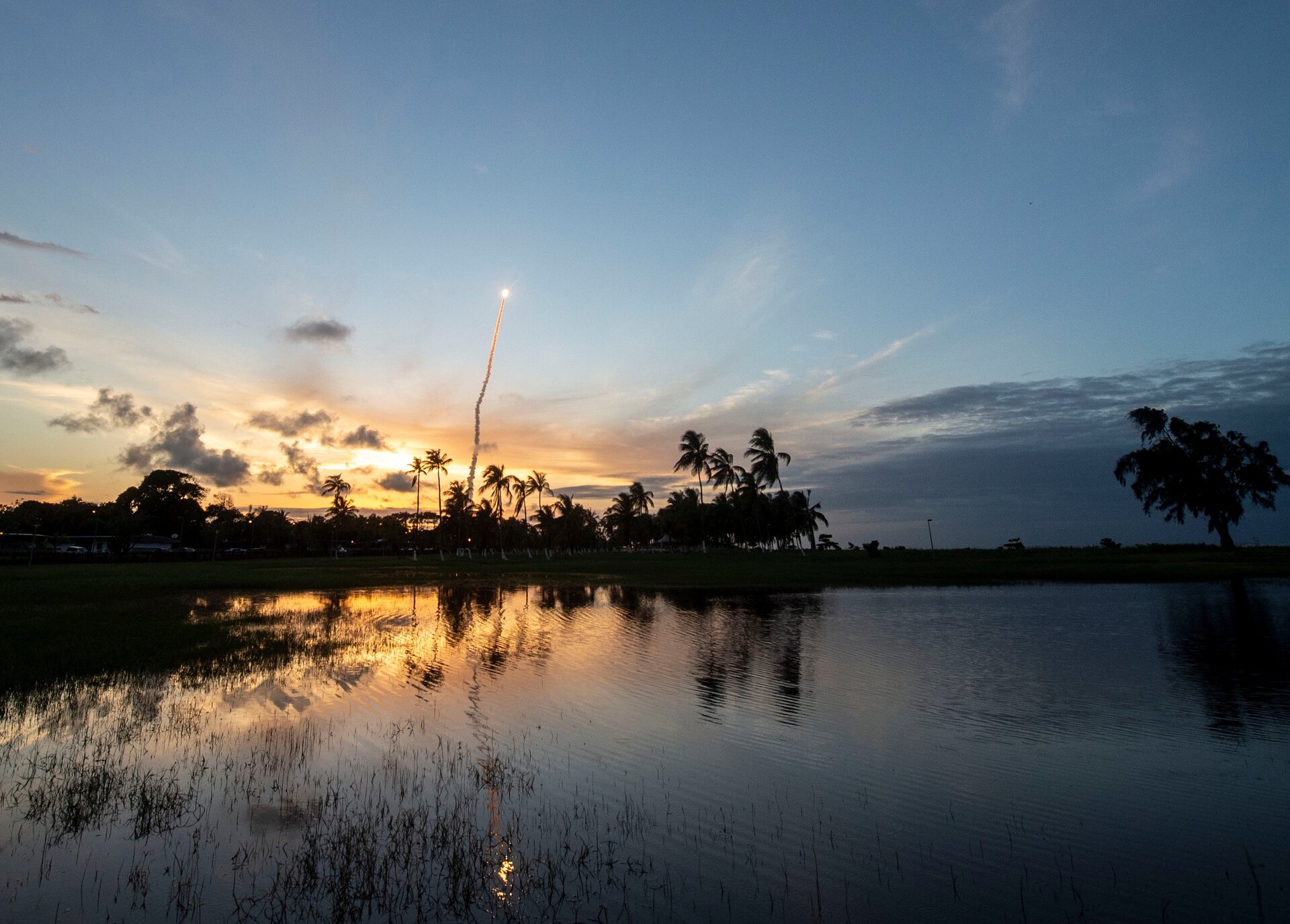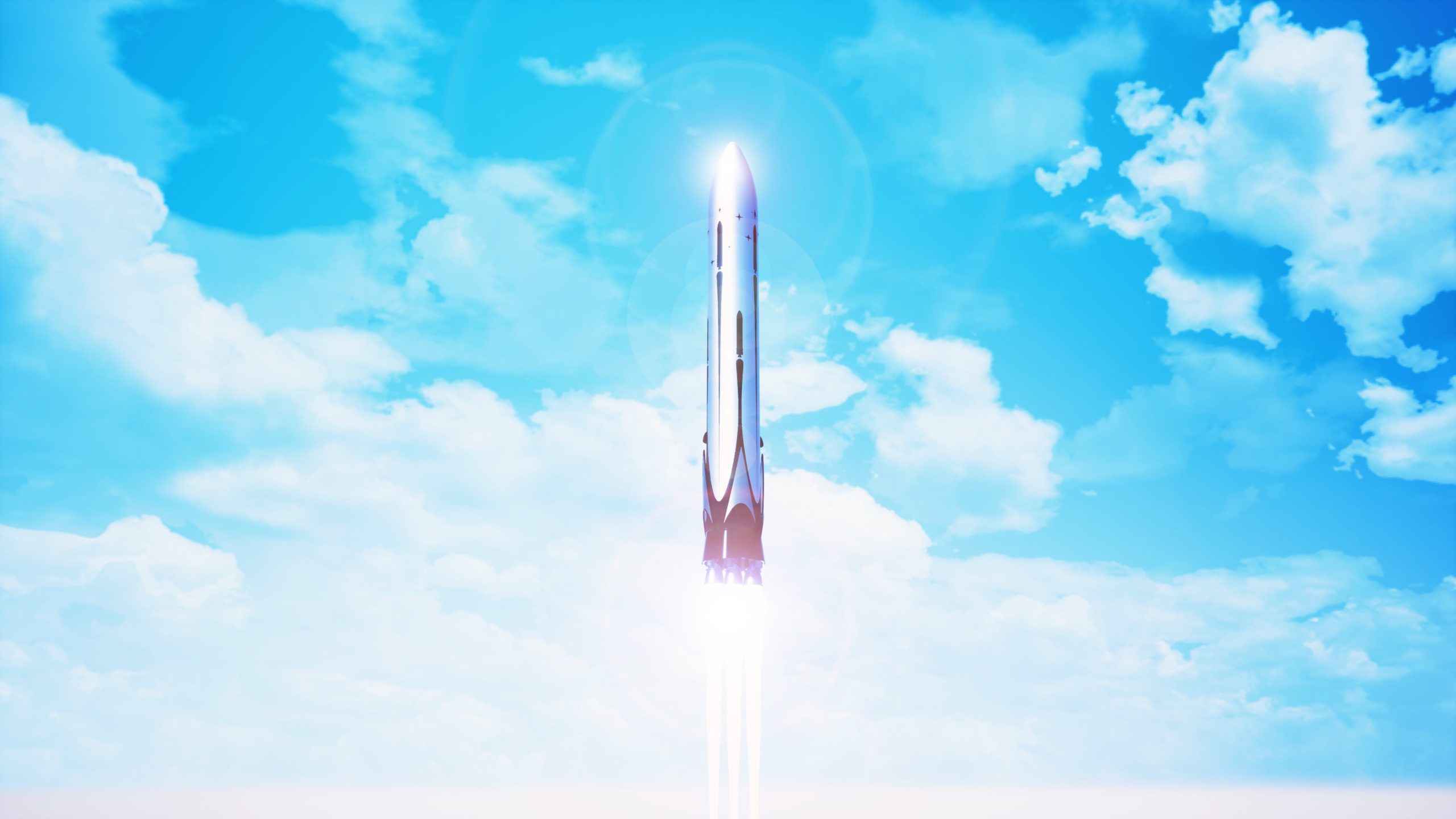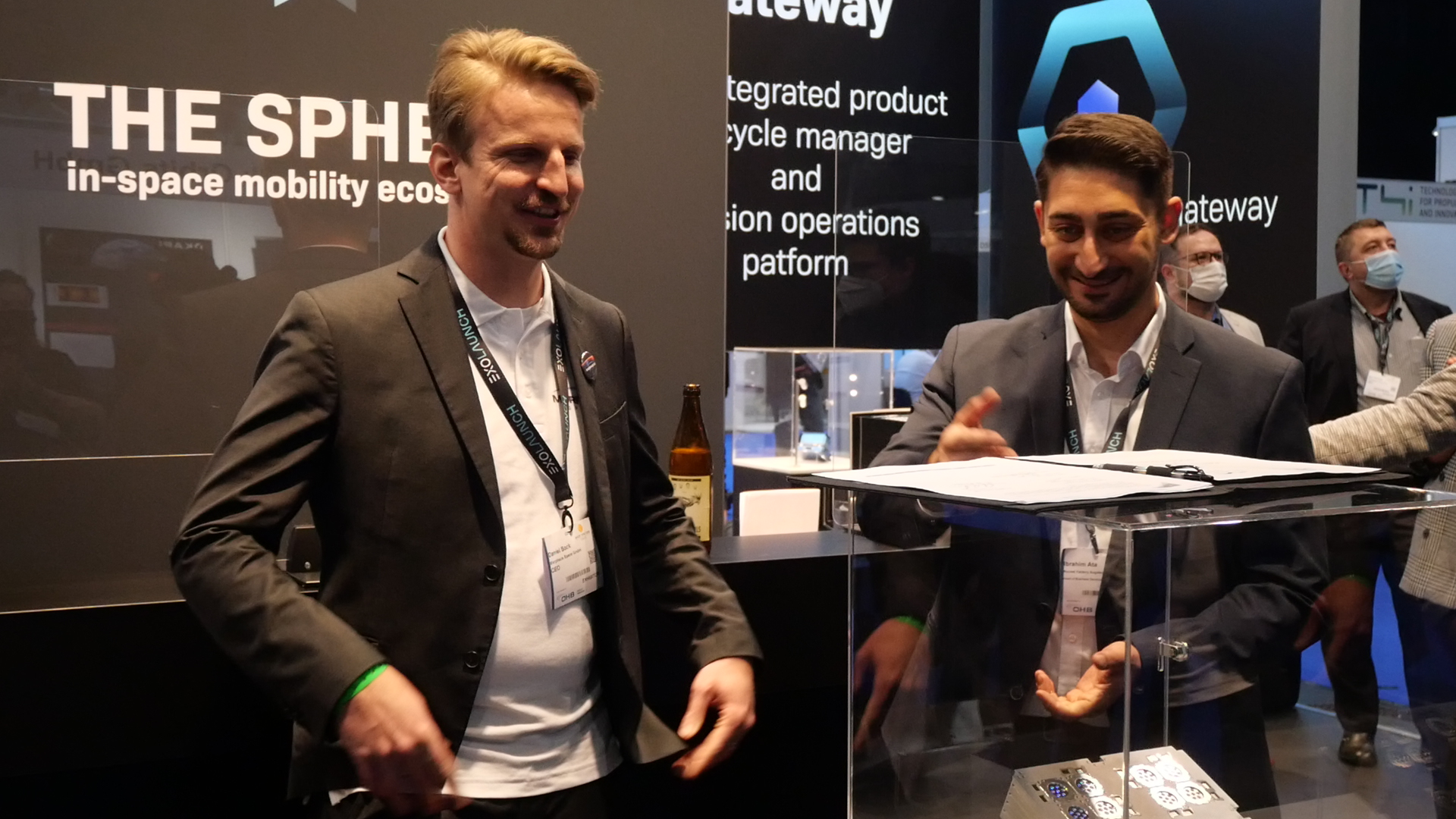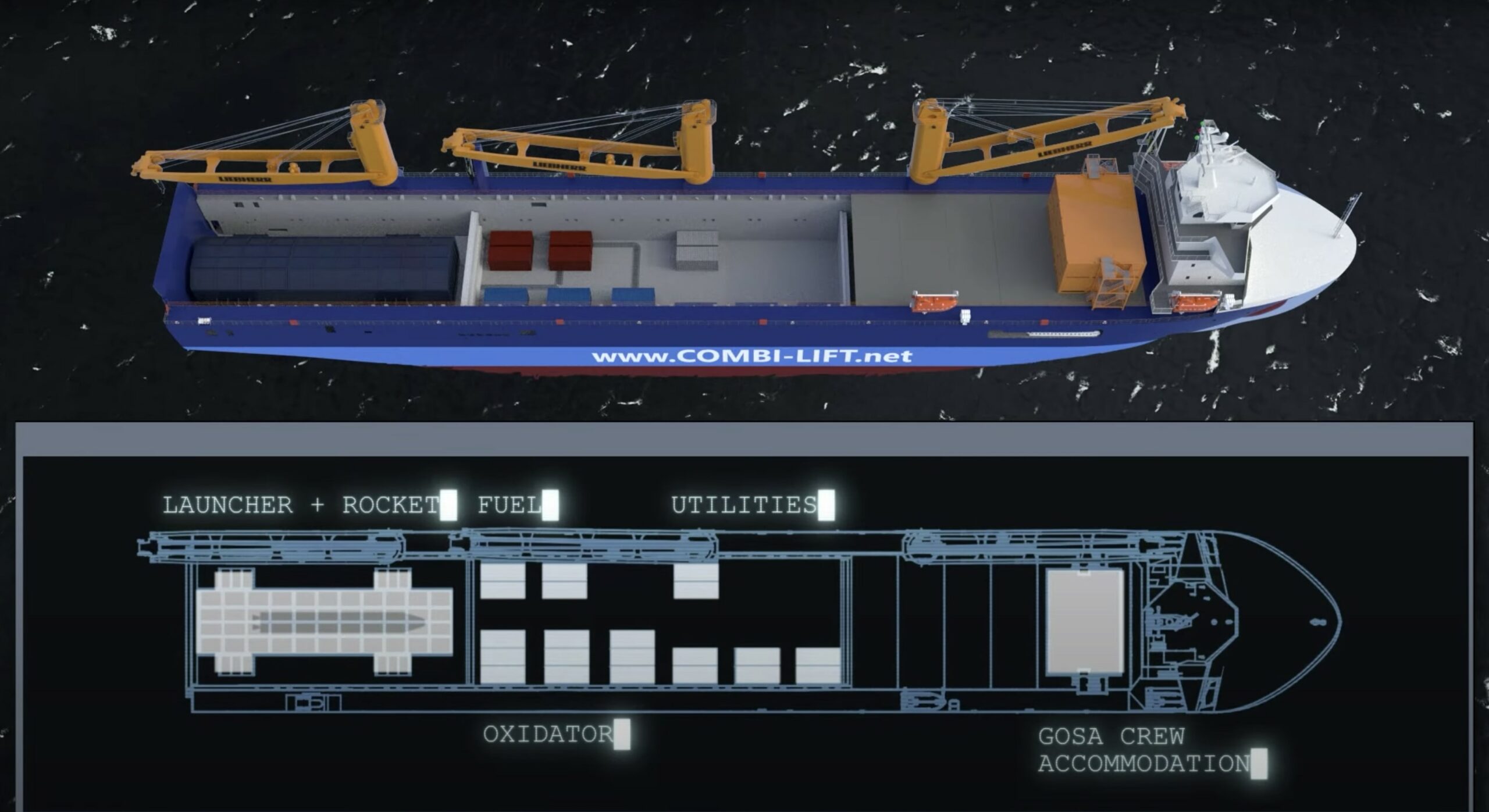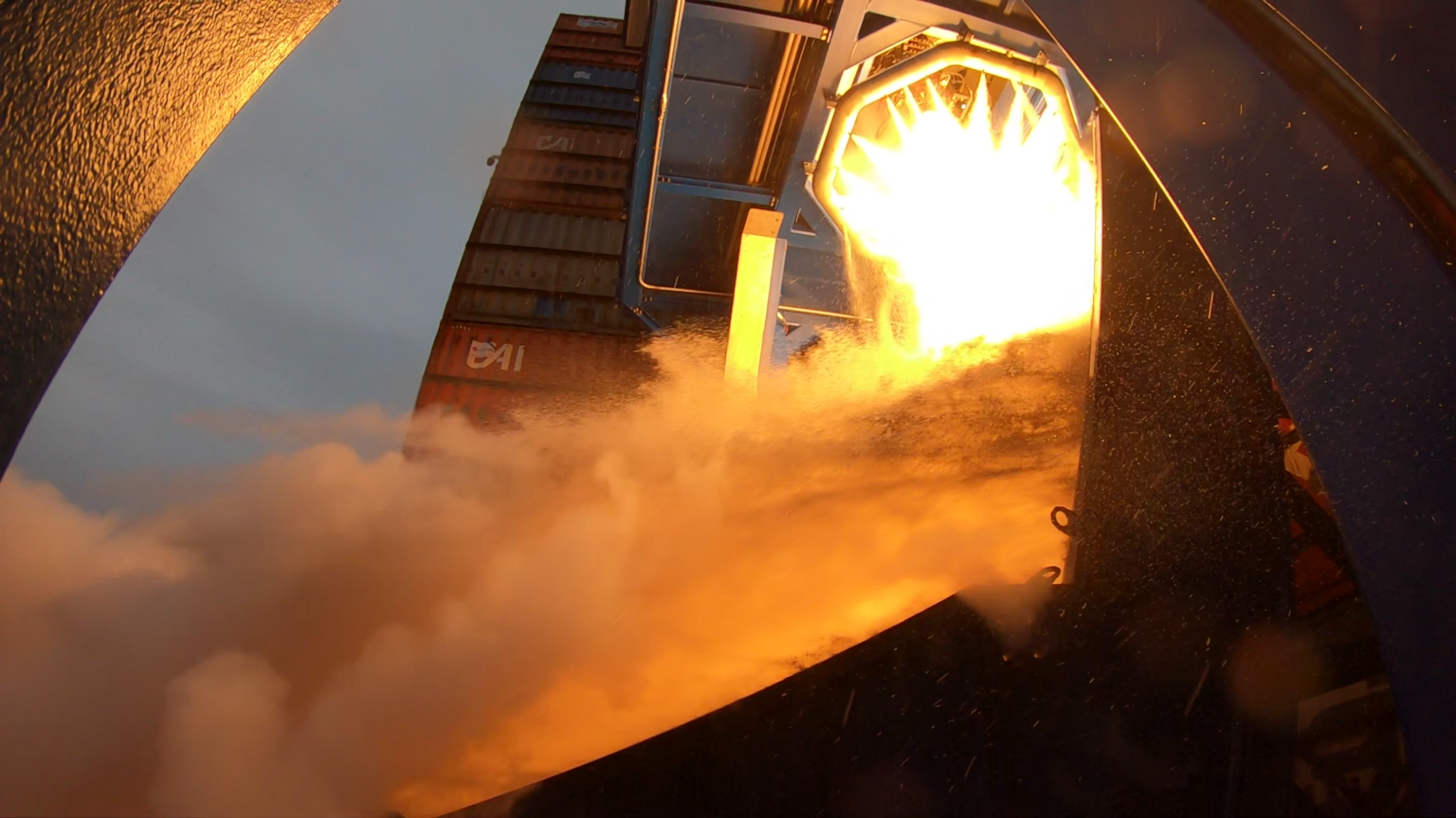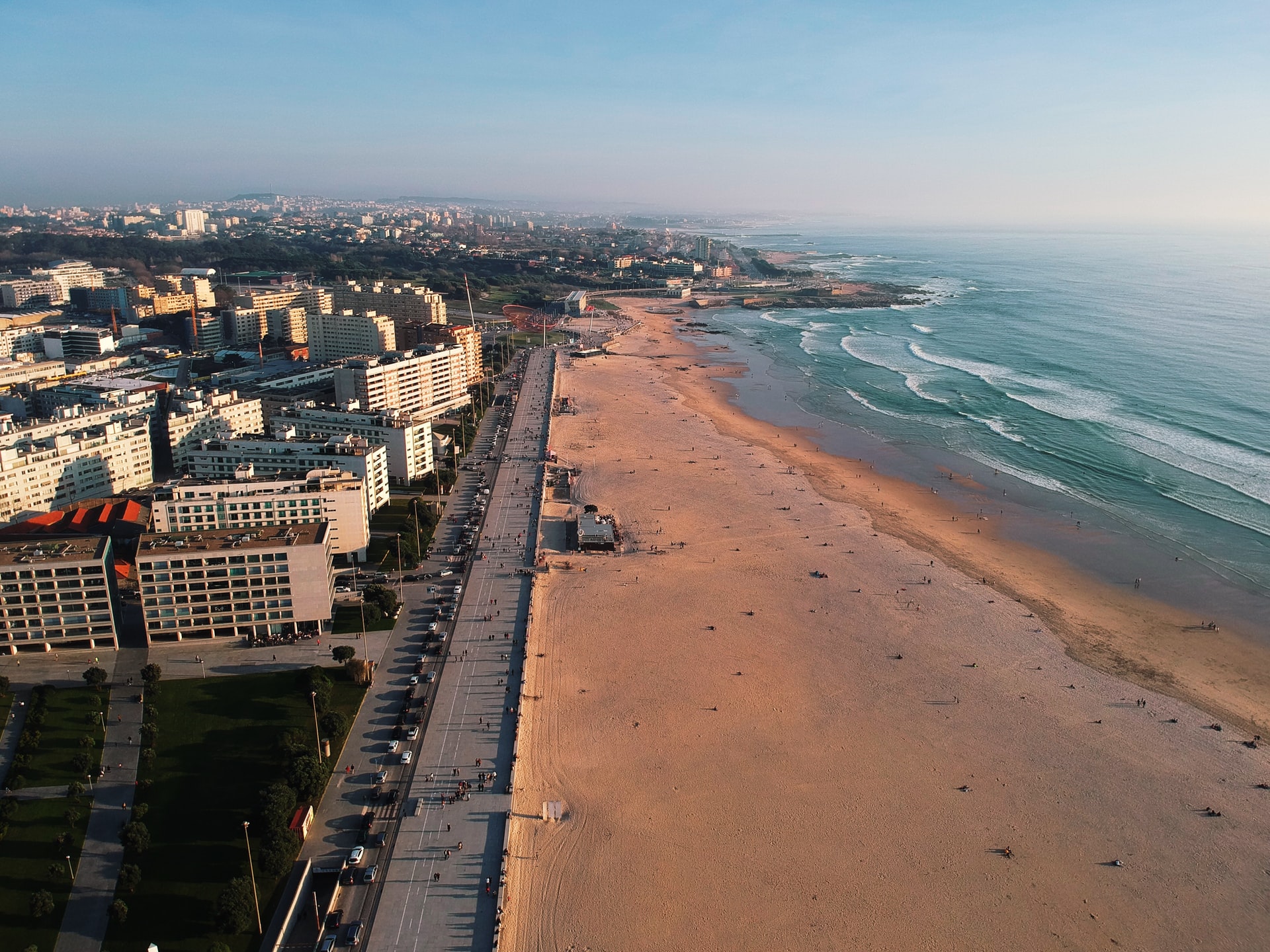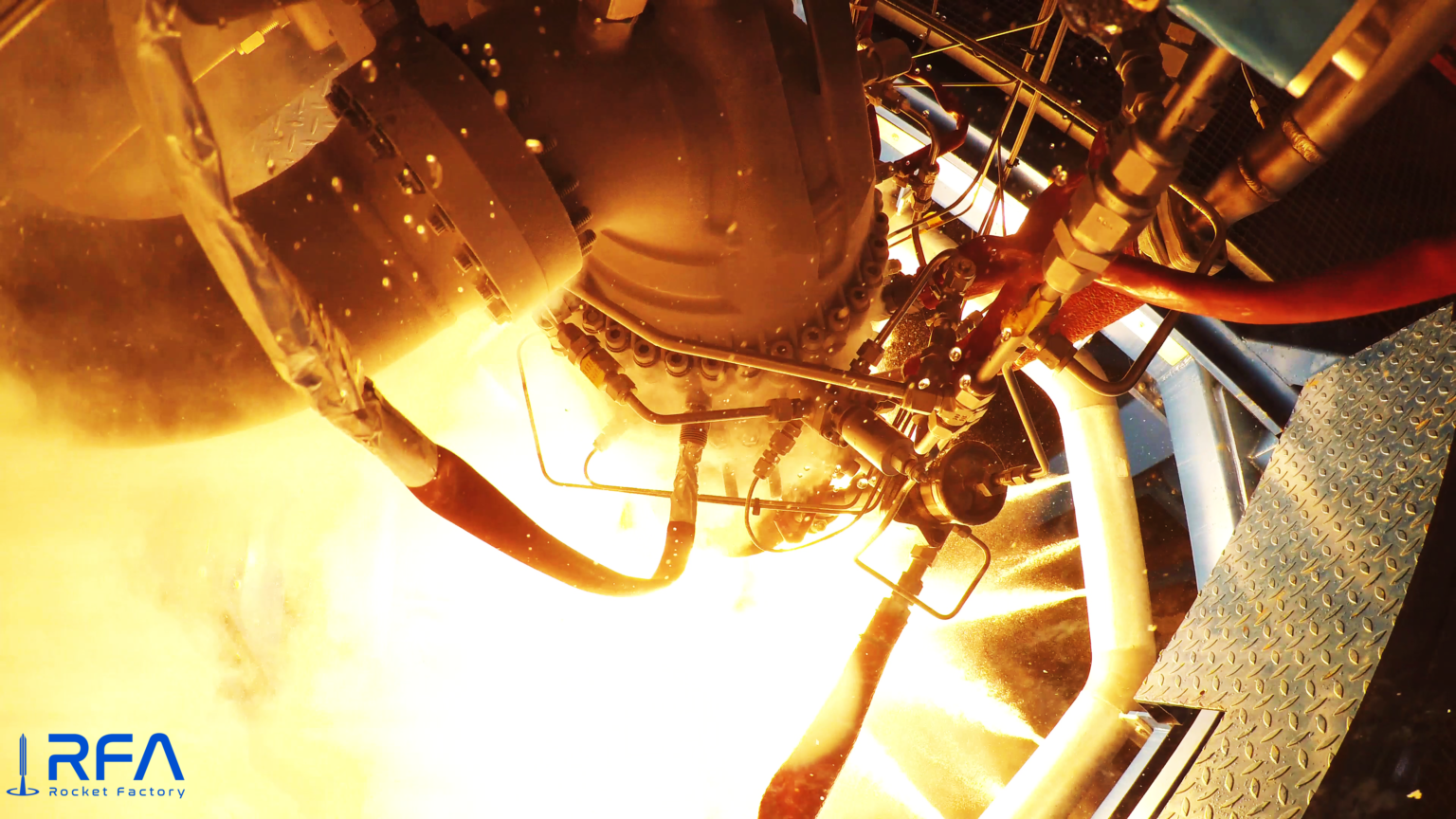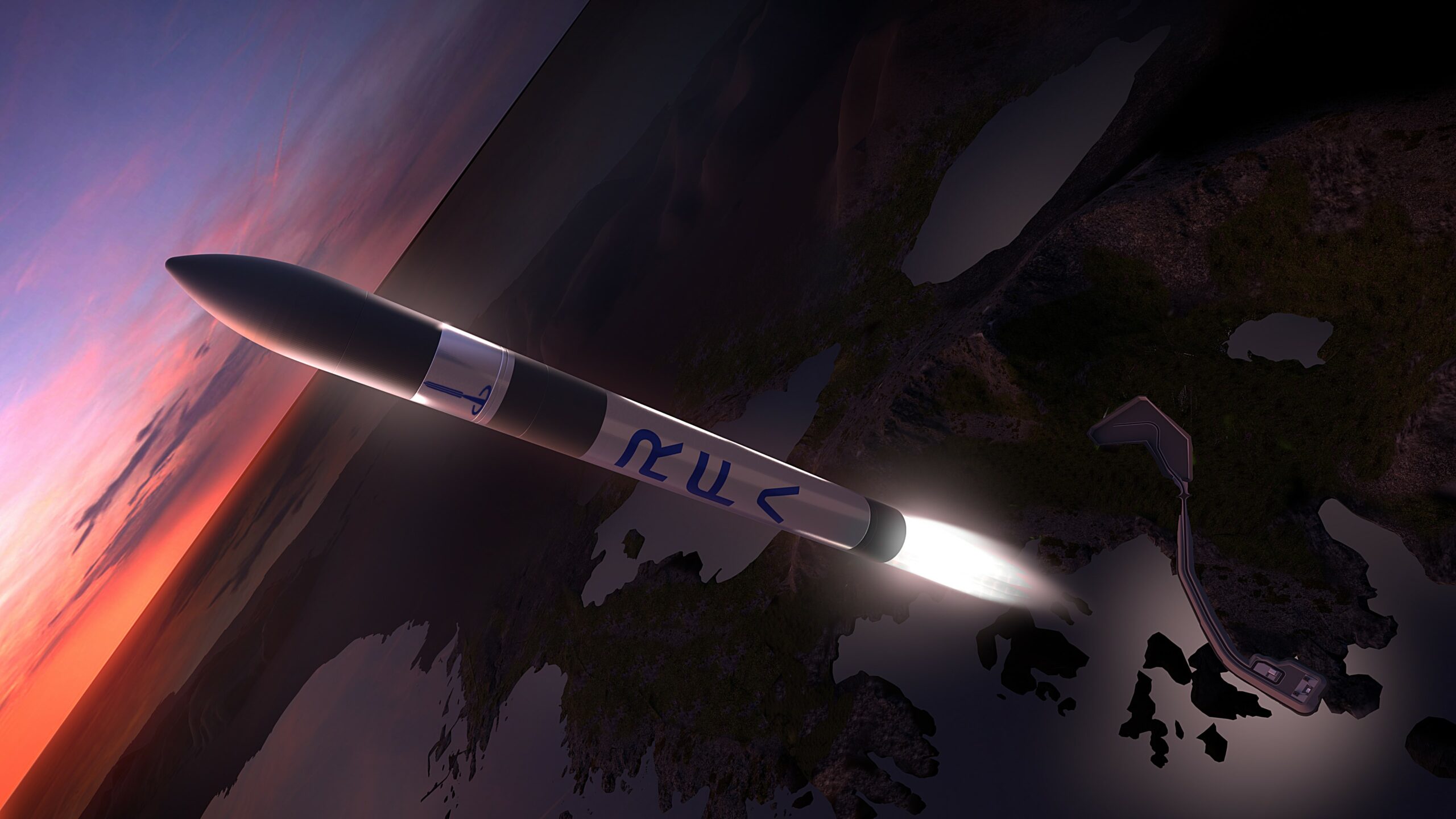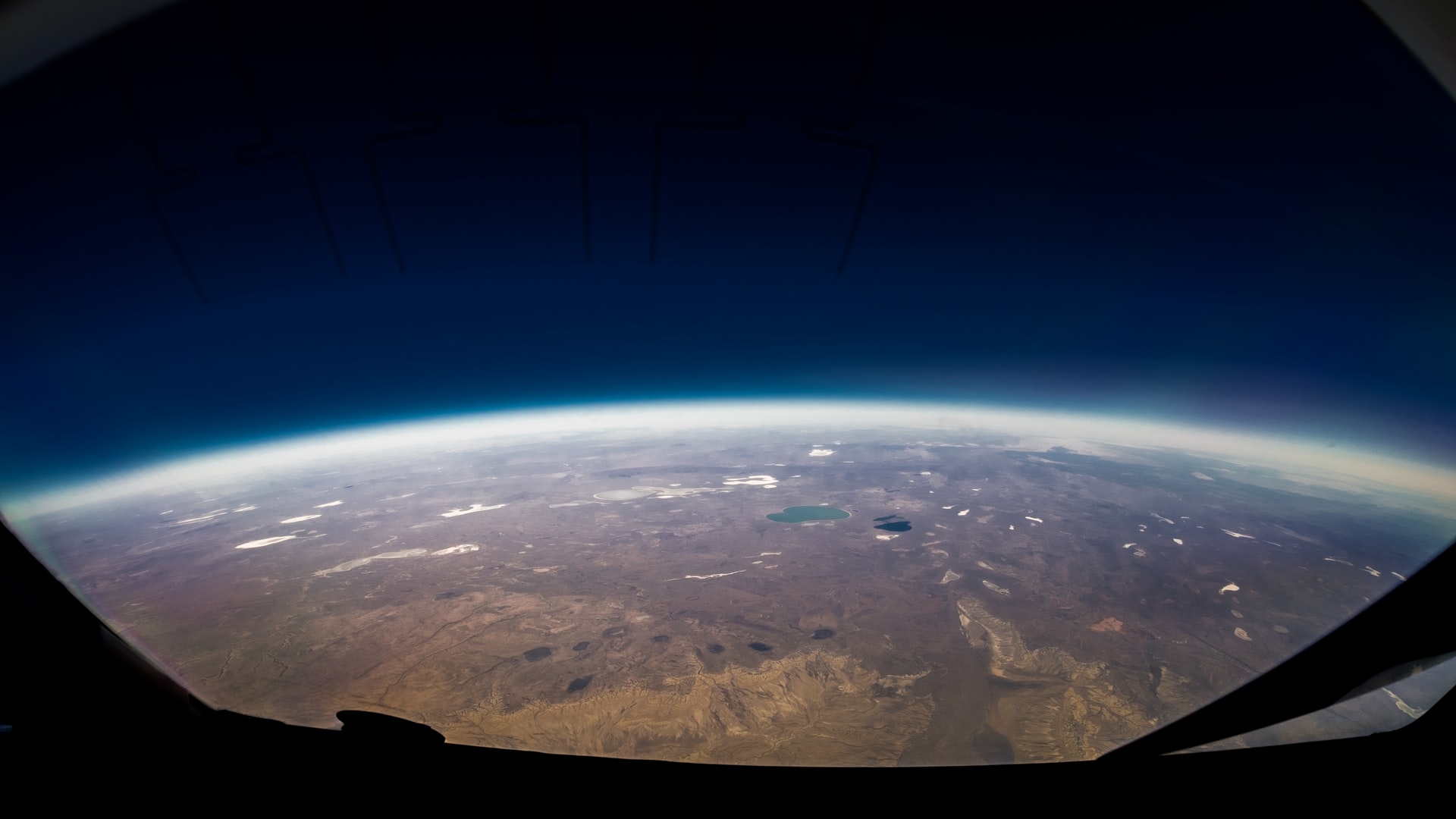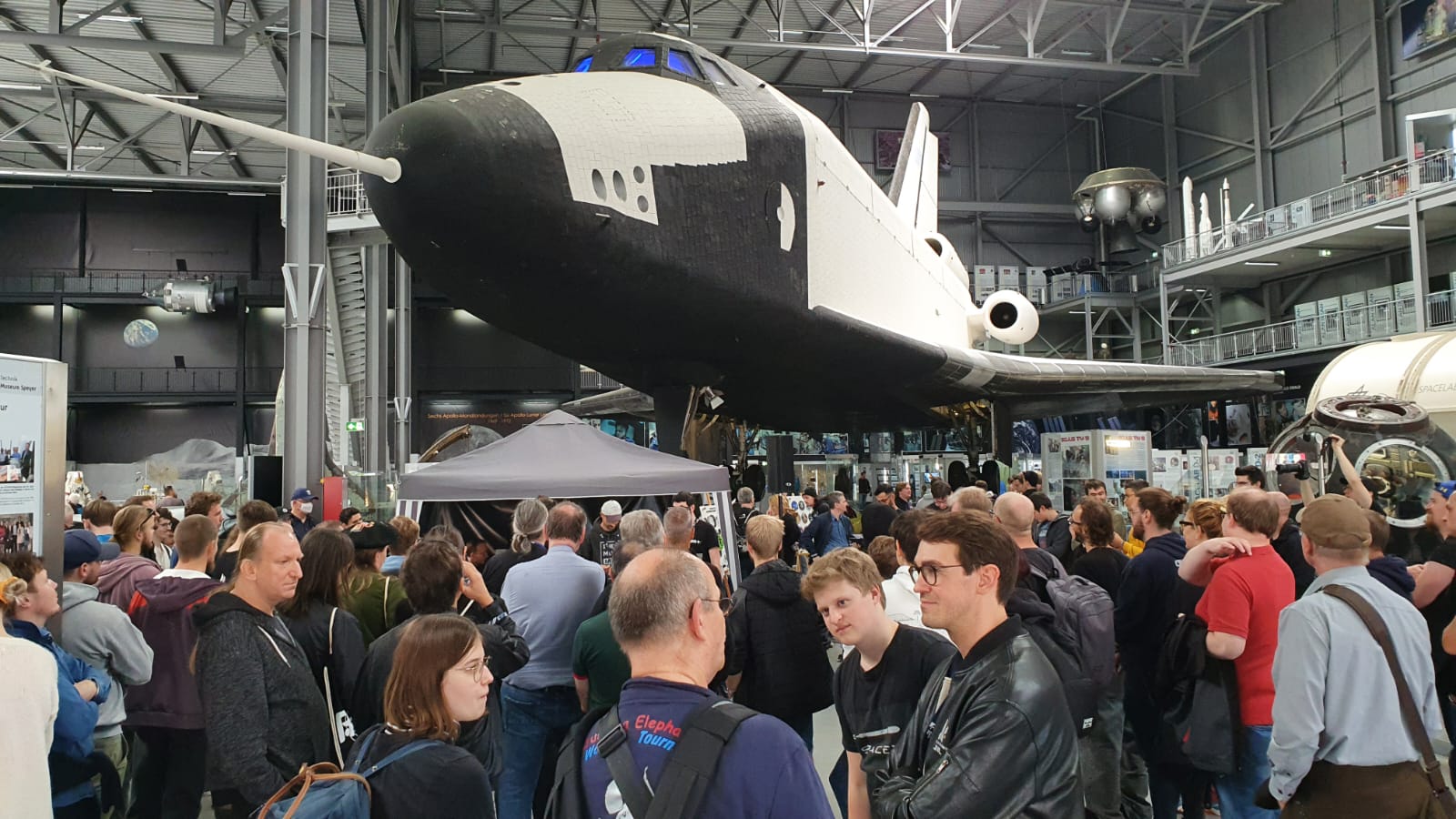
Space Creator Day 2022 - Meet-up of #teamspace social media stars
Published on Wed, 26.10.2022 – 22:27 CEST in Events, covering #teamSPACEThe 1st Space Creator Day took place at the Technikmuseum Speyer on October 23, 2022
About 250 fans and creators took part in the largest event of its kind in the German-speaking area
Insight: Space flight is a unifying theme with strong positive connotations that should be further promoted
There could be an SCD in 2023 as well
On October 23, 2022, the 1st Space Creator Day took place at the Technikmuseum Speyer. Although the event was only advertised within the space community, tickets were sold out within a few days. However, those who could call one of the 250 tickets their own could look forward to a day of superlatives. At the largest meet-up of its kind to date, the who's who of space YouTubers, podcasters, writers and community managers met with their fans.
Space Creator Day 2022 – Meet-up of the who's who of the space community
The fact that the Space Creator Day (SCD) had hit a nerve was already apparent during the planning phase. Numerous internationally successful space creators confirmed their participation - even before the date and venue were fixed. The YouTubers Astro-Tim, Harzner, Mars Chroniken, Orbital Plausch, Senkrechtstarter, VideoSpaceNews, What about it!? and WAI+ had announced their participation. Unfortunately, both the audience and Space Creator had to miss the secret stars Mondgeflüster and Spacex 3D Creation Eccentric due to a scheduling conflict. Also missing was Yggis Kosmos, who had to cancel his participation at short notice due to health reasons.
Nevertheless, it was full: Elontime from the podcast sector was there; representatives from Everyday Astronaut and NASASpaceflight gave a look behind the scenes. Apropos: Even those who normally remain rather hidden as administrators, moderators, editors, etc. were there. Michael Weißflog from Astrodrom moderated the day. With representatives of the German Aerospace Center DLR, Isar Aerospace and the Rocket Factory Augsburg, the agency and company sides were also present. Best conditions for an eventful day and many interesting conversations.
While the focus was on casual conversations between fans and content creators, there was also an official program. This gave everyone - regardless of the size of their channel - the opportunity to introduce themselves to a broad audience in a laid-back talk. The basic tenor: space flight connects people across all conceivable borders and allows a look into a positive future. But for all the euphoria, there must always be space for constructive criticism - where it is appropriate and justified.
Session 1 - Talk with Moritz (Senkrechtstarter) and Sirwan (Mars Chroniken)
In the first session of the day, Moritz and Sirwan were on hand to answer questions. Both gave exciting insights into the life of a full-time YouTuber, which involves much more than "just" sitting in front of a camera. Rather, it's hard work that is spread over several shoulders at best. But either way, before each episode, there's the question of what topic to take up and flesh out in an episode. This is followed by a workflow that is similar for most YouTubers.
Once the research is complete, a script is written. "For a 20-minute news video, that's about 15 A4 pages," says Moritz. For a video that is intended to give the audience an understanding of technically complex issues, it can sometimes be more. In that case, the one-day time frame that normally has to be invested for this preparation is no longer feasible. The takes are then recorded and, if necessary, supplemented with animations and other visual material in the editing process, and put together to form a video. And only after it has passed an internal quality check it will be released.
Space flight is an optimistic topic and only works if people decide to work together. Even if it is difficult to imagine a positive future in the current times: Space flight is and remains a human achievement, and we would do well to look to the future with optimism.
Moritz, Senkrechtstarter
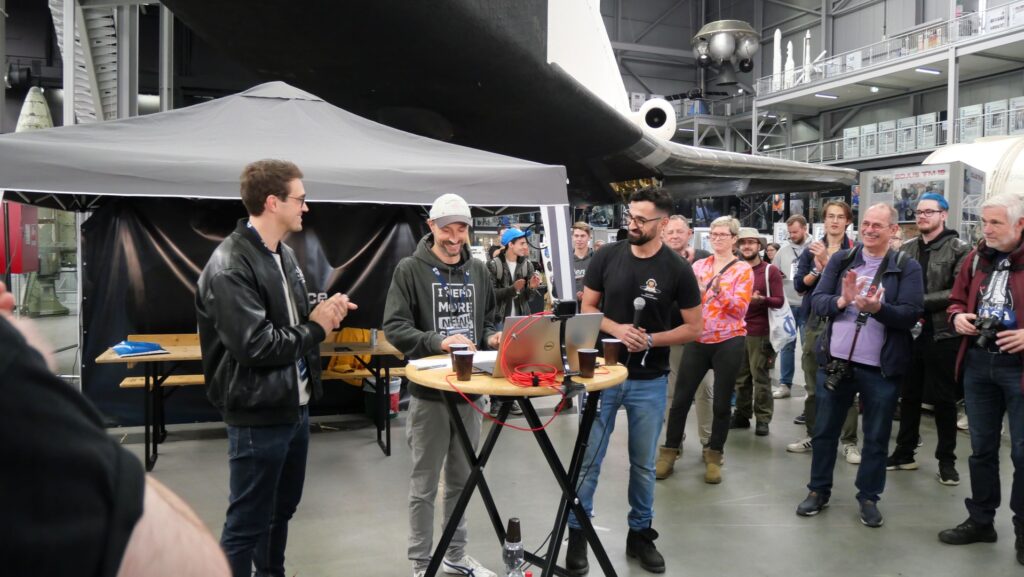
Space flight connects and shows that we are not Austrians, Germans or Americans, but people who come from Earth. We are one species of one planet. As such, we should also stick together and not bash each other's heads in.
Sirwan, Mars Chroniken
"Thumbnail: Bam Bam!"
There are many reasons why both make this effort. Besides quality, another is the dramturgical tension, as Sirwan points out. Because the difference between a video and a good video is the feeling it leaves behind. At best, it leads the audience to watch the next one immediately afterwards. But it would be naïve to assume that this happens almost automatically. Because quality does not automatically prevail on YouTube.
Quality in response to clickbaiting
Rather, the algorithm rewards clickbaiting, which is, however, frowned upon. Because these often sensational headlines or exaggerated presentations do create the feeling of having a knowledge gap that needs to be filled. However, numerous media creators use this method to merely increase clicks and advertising revenues. The increase in knowledge expected by the user, however, is not delivered. Moritz and Sirwan - like all other space creators - see a way out of this algorithm dilemma only in creating high-quality content. This is the only way to meet expectations. Moritz has formulated his requirements for a video on his template accordingly: "Thumbnail: Bam Bam!"
Session 2 – Talk with Thorsten (Orbital Plausch) and Harzner
After a short break the second session of the day followed. While autograph cards were still being diligently signed in the background, Thorsten (Orbital Plausch) and Harzner stood to the left and right of the table in the space hall. They also gave an insight into their work as YouTubers, which was no less interesting for the audience. Unlike their predecessors, the duo consistently relies on livestreams, which also results in a different workflow.
Another special feature is that the joint talks always take place on Wednesdays, alternating weekly on one of the two channels. However, they are not afraid of running out of topics in the long run. As Thorsten points out, the scope of space flight is far too broad for that. Harzner adds that he's sometimes worried that he's already talked about everything. But so far he has always found a new, exciting topic. For example, the talks have already covered the special features of clothing for astronauts, the effects of radiation on the human body, and space robots.
European space flight seems to be at a turning point and taking off. In this context, I expect a lot of exciting things in the next ten years.
Thorsten, Orbital Plausch
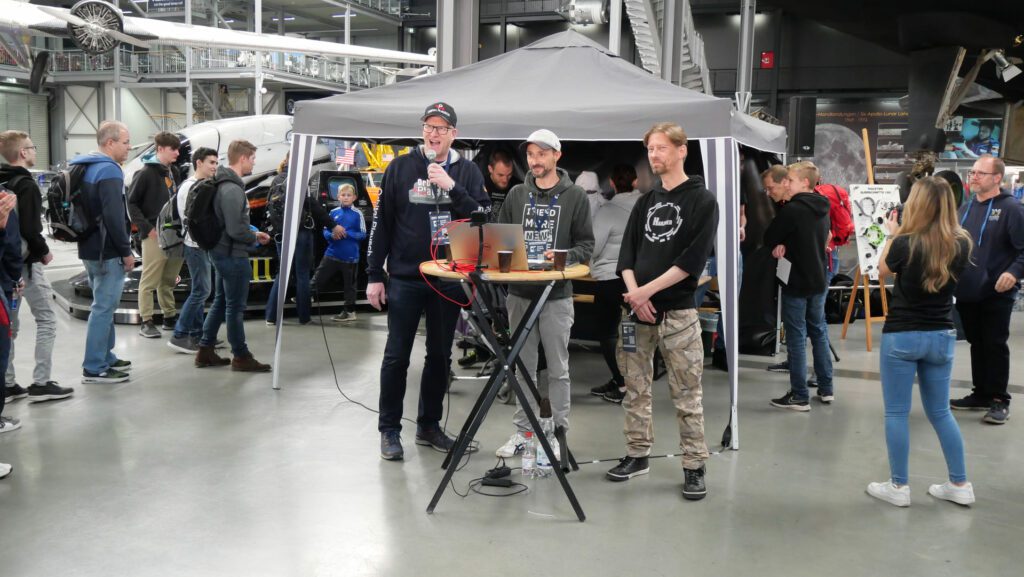
There's so much happening in space flight right now that you only have to relax yourself to find an exciting topic.
Harzner
While both are established players in the space community, they don't run their channels full-time. This makes YouTube primarily a fun hobby with a huge learning curve for them. As Harzner notes, many of the associated experiences can also be transferred to professional life and can be helpful on the job. Especially when it comes to dealing intensively with a topic, presentation skills or repartee.
Session 3 – Talk with Felix (What about it!?) and Jonathan (WAI+)
With Felix (What about it!?) and Jonathan (WAI+), two more headliners were on stage in the third session. Although What about it!? has long been an institution in the space community, the fact that he was on site at the Technikmuseum Speyer is not a matter of course from a logistical point of view. With more than 254,000 subscribers, the leading Space-YouTuber with German roots relocated to the Space Coast in Florida, USA, as recently as April 2022. However, Felix traveled all the way from the United States to participate in Space Creator Day. Together with Jonathan, Editor at WAI+, he gave exciting insights into the history of What about it!?, living as a YouTuber in the US and upcoming projects.
Even in space flight, the phrase »What is the miracle without the one who marvels at it?« is true. I am still thrilled that you all love the channel so much and it is the best thing that has ever happened to me besides my wife and kids.
Felix, What about it!?
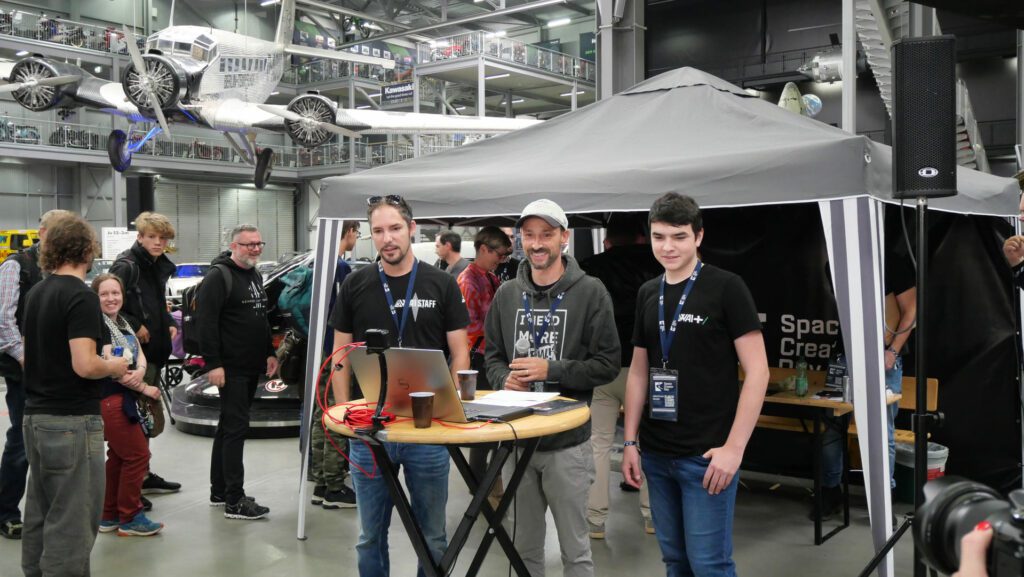
I would only go to Mars if I could also return to Earth. And I hope that we take such care of our home planet that one-way tickets are not the only option.
Jonathan, WAI+
As Felix explains when asked by the audience, it is due to his relocation to the US that he has not been streaming rocket launches live for quite some time. But that doesn't mean he's lost interest in the meantime - on the contrary. Because of his place of residence, he has the opportunity to watch the launches in person. Broadcasting them with his own technology from the site of the event and meeting his own quality requirements is not possible at the moment. That would require equipment whose purchase and operation exceed the current budget.
Space content w/o comments: WAI+
Things are different in Boca Chica, though. In the south of Texas, Felix employs a staff member who continuously supplies his international team, which now numbers over 30, with images from the Starbase. Week after week, several gigabytes of data are generated, documenting SpaceX's progress in developing the Starship. But the exclusive footage didn't always find its way into the regular episodes, and the question arose as to how it could still be made available to the community. The idea: a separate channel that, with its "no comment" concept, is a sensible addition to the main channel.
Jonathan, among others, is responsible for editing WAI+. He found his way to space flight via the SpaceX Demonstration Mission 2 (SpX-DM2), SpaceX's first astronautical flight on May 30, 2020, when two U.S. astronauts, Douglas Hurley and Robert Behnken, flew aboard the Crew Dragon spacecraft (C206, Endeavour) to the International Space Station (ISS). This event, marketed by NASA and SpaceX as "Launch America," also piqued Jonathan's interest. From then on, the way to "What about it!?" was not far and when Felix started a public call that he was looking for an editor, he applied without further ado.
Shot in America, edited in Germany.
For each episode, he can access 80 to 100 gigabytes of exclusive, new video data, which must first be transferred. Depending on the quality of the Internet connection, this alone can take up to half a day. After that, the data is reviewed, put in the appropriate order and provided with explanatory inserts. Once the team has given its go-ahead after an internal quality check, a new episode is ready for release. The fact that the community also appreciates the concept of a "no comment" channel is also reflected in the approx. 11,000 subscribers that WAI+ has gained within a year.
Session 4 – Talk with Silas and Albrecht (Elontime)
After a short lunch break, the two podcasters Silas and Albrecht from Elontime gave insights into their work as space creators. With their format, they are somewhat out of the ordinary in view of the many YouTubers at the Space Creator Day, but they are also an integral part of the German-speaking #teamspace. They have produced more than 100 episodes so far and have addressed a wide variety of topics. "You can find them wherever there are podcasts," Silas advertises.
As Albrecht explains, it all started when Silas was looking for a partner for his podcast in early 2020. The idea - and thus also the name - is to present the time in which Elon Musk lives and works. Thus, Elontime is not a pure Elon Musk fan podcast, but rather provides weekly insights into the current technical developments of our time. While Silas, with his background in the natural sciences, illuminates the technical sides, Albrecht looks at this from a social perspective. All in all, these are entertaining conversations that attract more and more listeners every week. What you don't hear is the fact that both are in different places when the recording is made.
We are living in a time where visions of the future have become the present.
Silas, Elontime
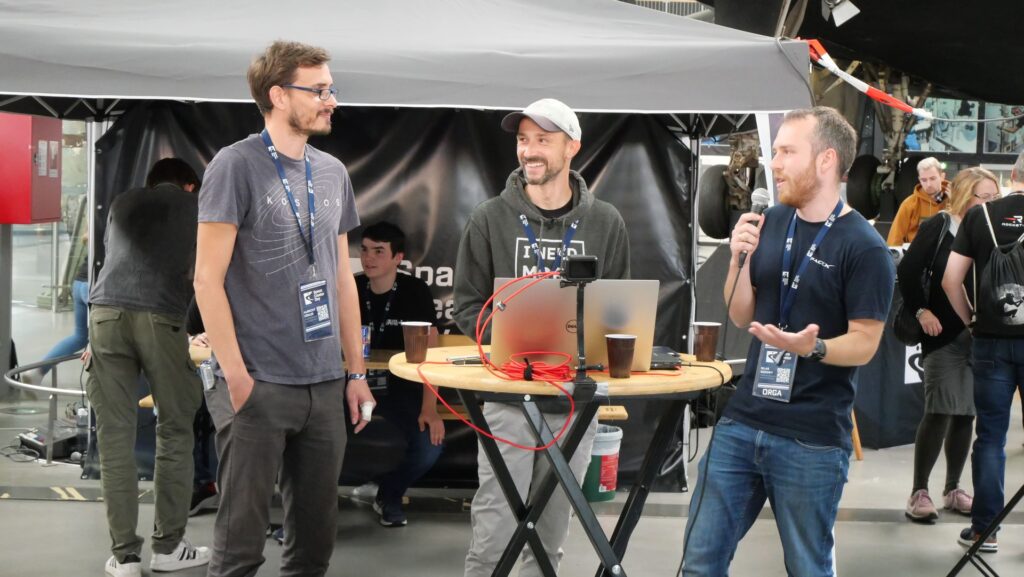
Even if you're hyped about space flight, you always have to come back down to earth. Because things can always go wrong.
Albrecht, Elontime
While Silas is at home in the Ruhr region, Albrecht lives just a stone's throw away from Tesla's first European production facility, the Tesla Gigafactory Berlin-Brandenburg in Grünheide (Brandenburg). However, the physical distance is not a disadvantage in the production of the episodes, as both emphasize. In the meantime, the team has even become so well-rehearsed that they also document the recording of the podcasts by video and publish them on YouTube. Neither of them has any plans to work full-time as podcasters. Especially since, according to their statements, it is difficult - though not impossible - to monetize such a format. Nevertheless, both are happy to receive support. They show ways to do so on the Elontime website.
Session 5 – Talk with Florian (Everyday Astronaut) and Adrian (NASASpaceflight)
Both Everyday Astronaut (EDA) and NASASpaceflight (NSF) have their roots in English-speaking areas. But Florian (EDA) and Adrian (NSF) represented how international the space community is. In the fifth session of Space Creator Day 2022, they gave an exciting look behind the scenes of the YouTube channels. As team managers and content creators (Florian) and writers and cam operators (Adrian), they are largely responsible for ensuring that the faces of the channels can focus on their work.
First and foremost, I would like to see success for European space flight. So that they can show: We can do it, we are doing it, we are succeeding. Because there are customers who use it and space flight doesn't just take place in the U.S. or China, but also here at home.
Florian, Everyday Astronaut
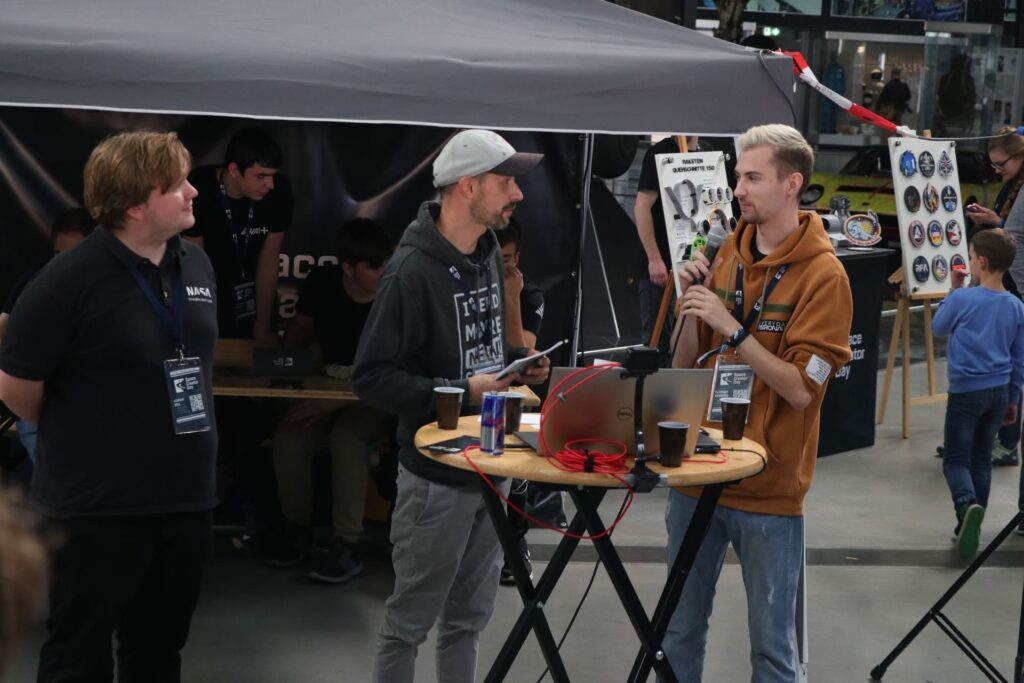
More launches in and out of Europe would be very desirable. Because we definitely need more enthusiasm for space flight here.
Adrian, NASASpaceflight
"I am living somewhere in the middle of the Atlantic Ocean".
What they both have in common is that they do not have a fixed rhythm in their daily work routine, but that every day also brings new challenges. When asked how to imagine a day as a team manager for Tim Dodd ( EDA), Florian replies, "I actually live somewhere in the middle of the Atlantic: I get up later than the average Austrian, but earlier than an average American. In return, I go to bed later - or earlier, as the case may be." Meanwhile, he makes sure meetings are held on time, all employees get their paychecks at the end of the month, and articles about upcoming rocket launches are posted on the website.
The latter, as he admits, was also his way into the EDA team. He already knew Tim Dodd from his European tour, on which he accompanied him temporarily. When he realized that there was no corresponding article for a launch, he typed it himself and sent it to the States. His work was so convincing that he is now mainly responsible for the content on the website.
Coverage from China, shots from Texas
Adrian from NASASpaceflight had a similar story to tell. He also applied with a specially written article and thus joined the NSF team as an author. As a writer, he is now responsible for ensuring that new content keeps appearing on the website. However, he focuses on Chinese space flight, which presents a number of challenges in terms of serious reporting. Above all, the general lack of transparency in China makes it difficult to keep up to date. Ultimately, however, he says this work is a welcome contrast to his second job, which he does for NASASpaceflight. As cam operator, he is controlling the cameras that document the developments of SpaceX's Starbase in Boca Chica, Texas, from Germany.
Session 6 – Talk with Christian (VideoSpaceNews) and Michael (Astrodrom)
In the second to last session of the SCD Thorsten (Orbital Plausch) assumed the role of the moderator. This change was necessary, because besides Christian (VideoSpaceNews) also Michael (Astrodrom) was planned as a guest of a talk. He, too, reported on his work as a content creator, which, in addition to YouTube, also focuses on the operation of this website. Due to the multitude of current developments, it is a special challenge to write appropriate articles. Because just like videos, these also have to be researched, sources need to be verified and finally they have to be written. In the audience, the question also came up whether news can be used directly as a script for a video. Unfortunately, this is not the case, as writing and moderation styles are not sufficiently congruent. As a result, there are always periods when publications are delayed.
There is currently a dynamic in the German NewSpace that I have not seen anywhere else in this way. Wherever I look, I see companies working flat out on new products and services. And to make this visible and tangible, I have launched Astrodrom.
Michael, Astrodrom
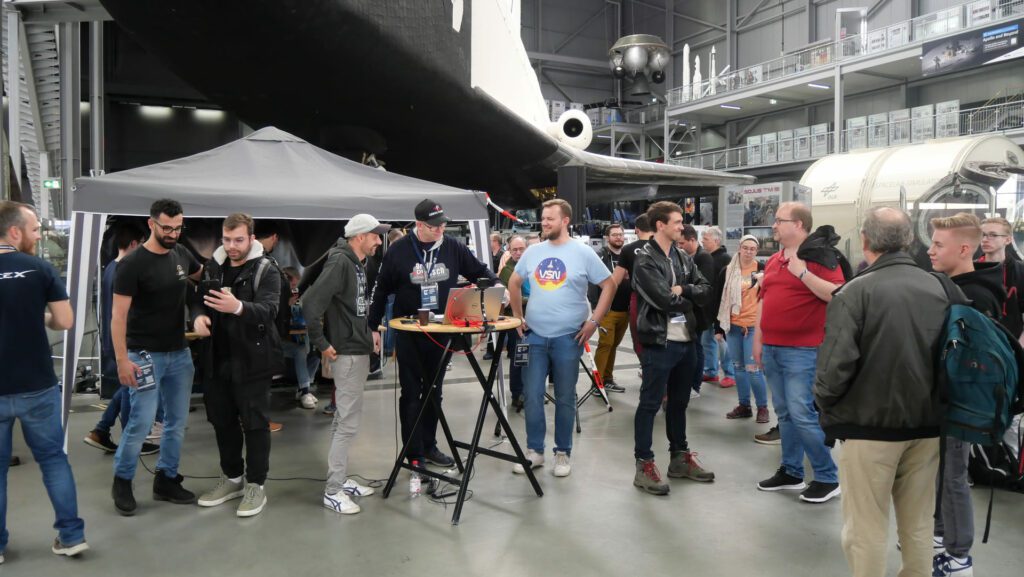
You should never trust that people will wait for you. But a strong fan base helps to keep you motivated even after a long break.
Christian, VideoSpaceNews
Christian from VideoSpaceNews also knows this circumstance. As he explained in his talk, he works in seasons. But what is common practice in linear television is punished by the YouTube algorithm. This is because the visibility of the channel and of new videos suffers enormously as a result of the associated pauses. As a result, the performance of new episodes is often far below expectations, which often has an impact on motivation. After all, the first episodes of a new season in particular involve a lot of work and heart and soul. However, Christian emphasizes that he has a loyal, reliable and strong fan base that motivates him again and again.
By the way: An affair of Christian's heart was the "Astronomisches Quartett" (Astronomical Quartet). He is one of the co-founders of this livestream talk format, which has since been expanded to include more Space Creator and subsequently renamed "Astronomische Einheit" (Astronomical Unity).
Session 7 – Talk with Tim (Astro-Tim) and Moritz (Senkrechtstarter)
For the last session of the Space Creator Day Tim (Astro-Tim) and Andreas (Yggis Kosmos) were announced. Unfortunately, Andreas had to cancel at short notice for health reasons. Moritz (Senkrechtstarter) took the free place without further ado. Together, the two German-speaking YouTubers reach over 150,000 people (cumulative). It's true that you can't simply add up the number of subscribers due to intersections. But as it turned out in the course of the talk, there are clear differences when it comes to the audience.
119.000 + 43.000 ≠ 162.000
To a certain extent, this may be due to the fact that Tim, who studied law - with a focus on space law, by the way - is primarily dedicated to astronomical topics. As a former shipbuilding engineer, Moritz, on the other hand, focuses on technical aspects. Thus, the range of topics that Tim can use seems to be larger by definition. However, Moritz also notes that new aspects in space flight are always emerging as topics. Both agree that there will still be a lot to report, especially with regard to an international space law.
We create breakthroughs in science every day and the world is actually not as bad as you always think. But many of these positive news do not find their way into the 'normal' news, which is why the normal person is often very pessimistic. I find it totally nice that I can contribute to show that it is not so.
Tim, Astro-Tim
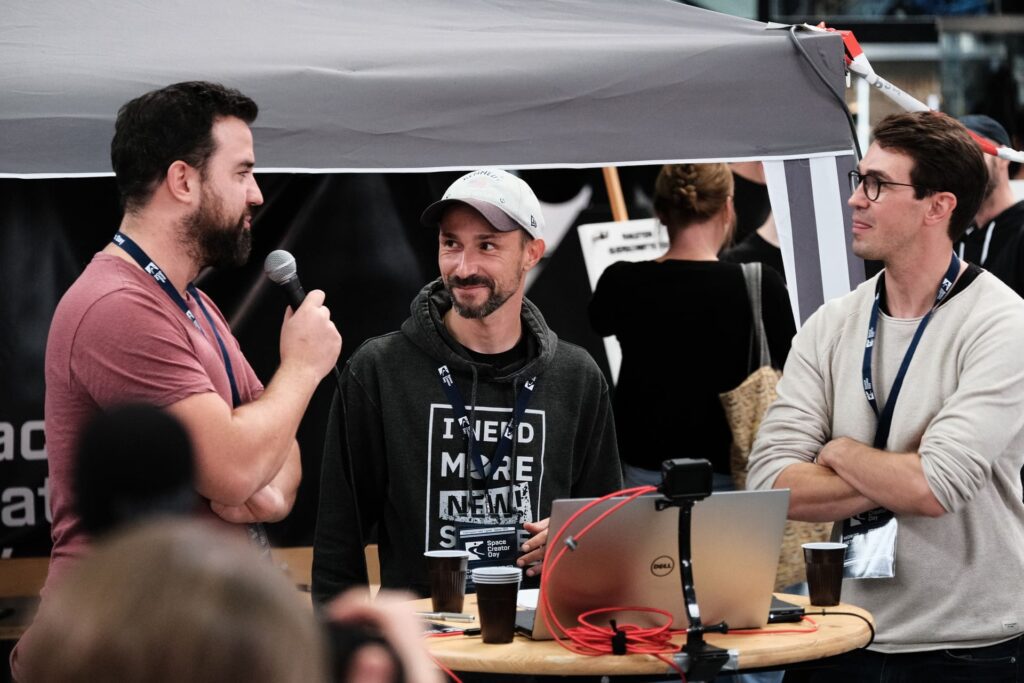
So many exciting things are going to happen in space flight in the next few years that even German pessimism won't be able to resist them in the long run.
Moritz, Senkrechtstarter
Tim builds the bridge to space flight in general and to NewSpace - the commercialization of space flight - in particular. For with the colonization of alien celestial bodies, many new questions arise that have been neglected over the past 40 years. One of them is whether SpaceX's colonization of Mars could lead to the company becoming a state in its own right.
Such topics are naturally heavy fare that quickly stirs up resentment. This is particularly the case in the German-speaking world, Tim and Moritz agree. A point they both want to tackle in their own way. "I would still like to see the German-speaking world thinking that space flight is cool and not asking the question at every panel discussion why space flight is needed at all," clarifies Moritz. Tim adds: "There is a lot happening in space flight and astronomy - but a lot of it doesn't make it into mainstream reporting. I want to help change that."
Astro-Tim sends messages into space with its own startup Spaceping
To this end, the Cologne native not only writes books or teaches school classes about the wonders of the universe at the Cologne Planetarium. He is also setting a good example by founding the startup Spaceping together with business partners. The idea of the project, which is still in the planning phase, is to send messages from a million people into the depths of space. To do this, the team wants to build a space probe that will leave our solar system. Knowing that an individual message will outlast one's own existence by many, many years, the idea is to encourage people to come to terms with themselves. The central question is which side of us should outlast. At the SCD, everyone agreed that it should be a positive one.
Will there be a Space Creator Day in 2023?
One of the most pressing questions at the end of the event was about a sequel. But although the first Meet-up was a complete success, the organizers were not yet able to make a concrete commitment. However, it was promised that the organizing team around Christian Schiffer (schiffer-soft), Simon Baumann (wearspace) and Silas Borowy (Elontime) will address this during the debriefing. At the moment, there is a lot to be said on the part of both the Space Creators and the community that there will also be a Space Creator Day in 2023.
Space Creator Day recorded Livestream
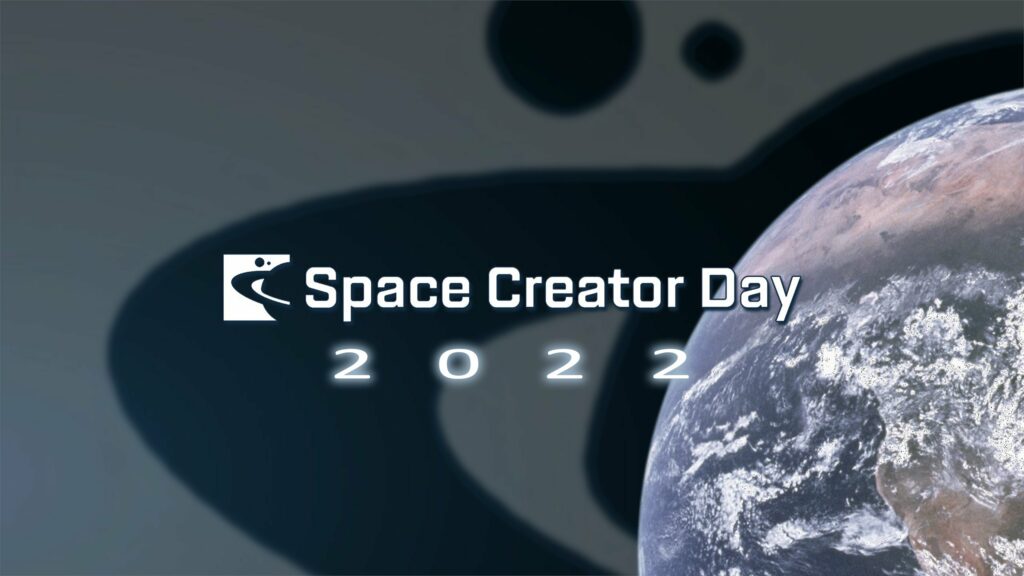
[custom-twitter-feeds feed=3]


